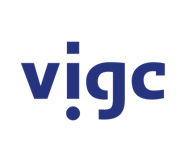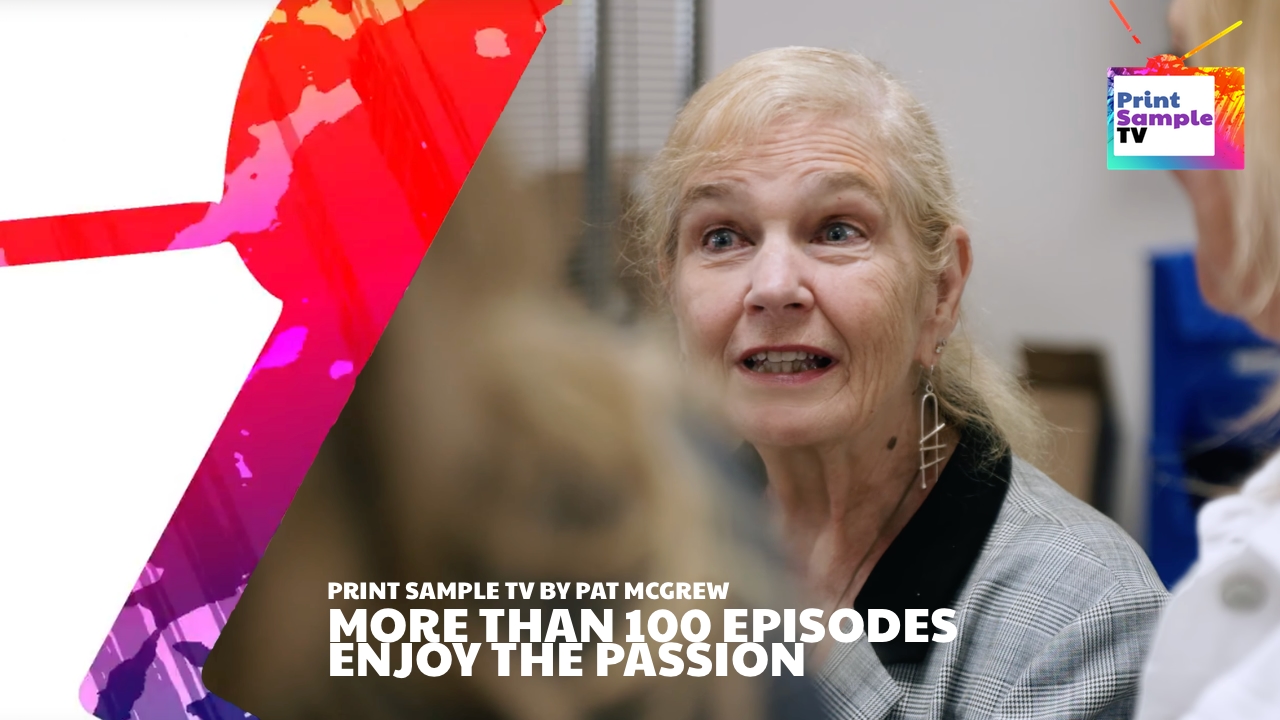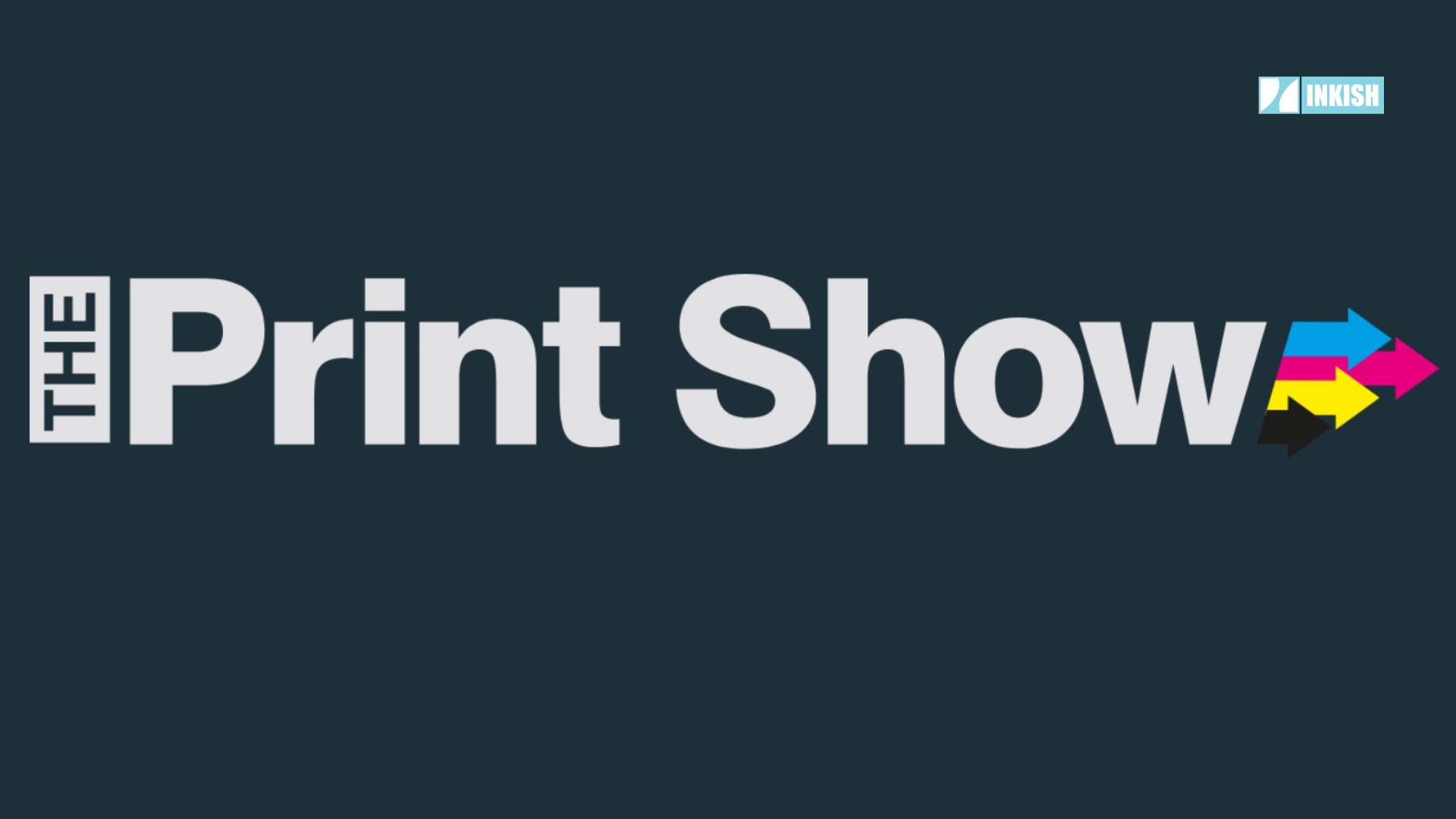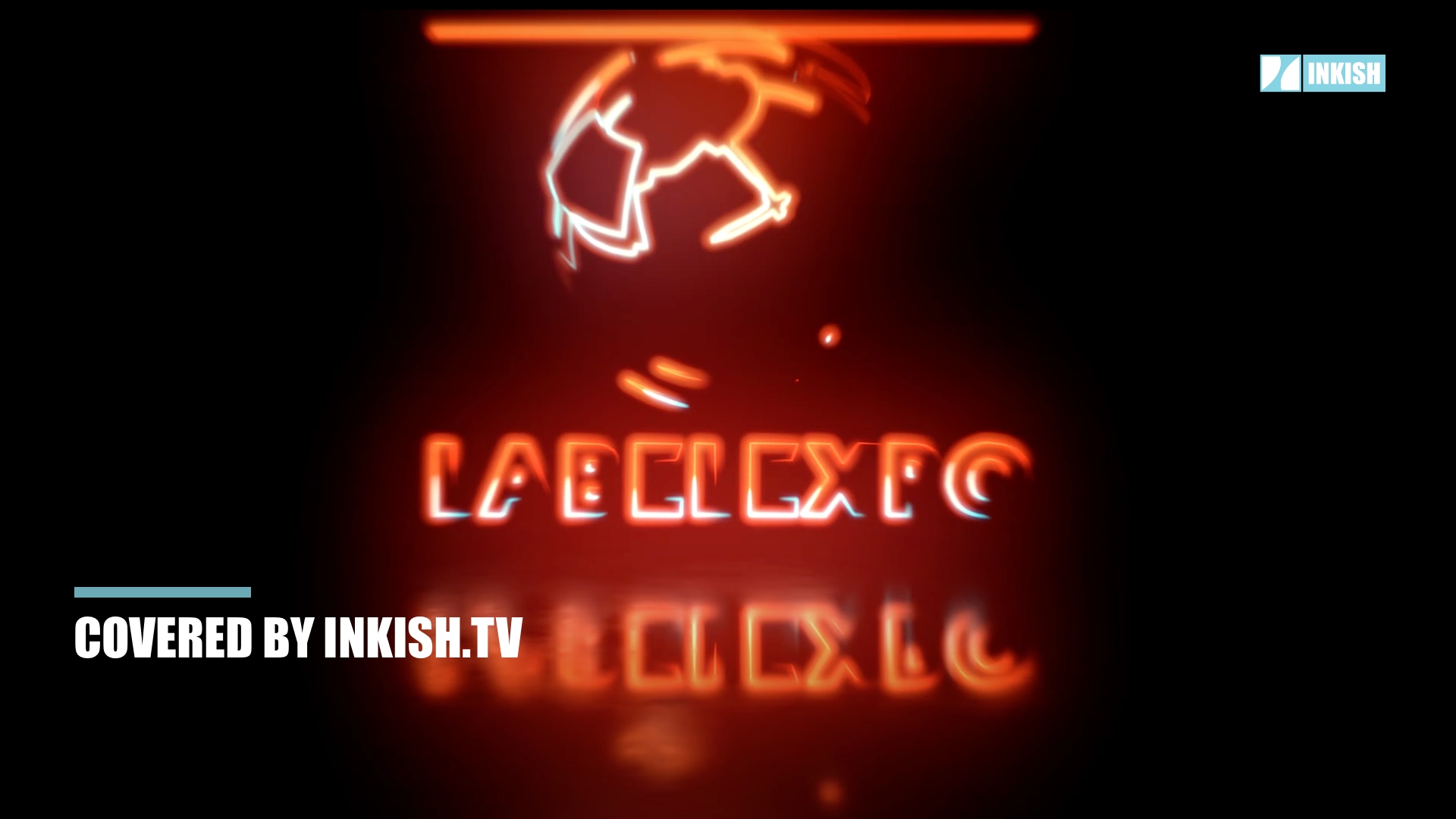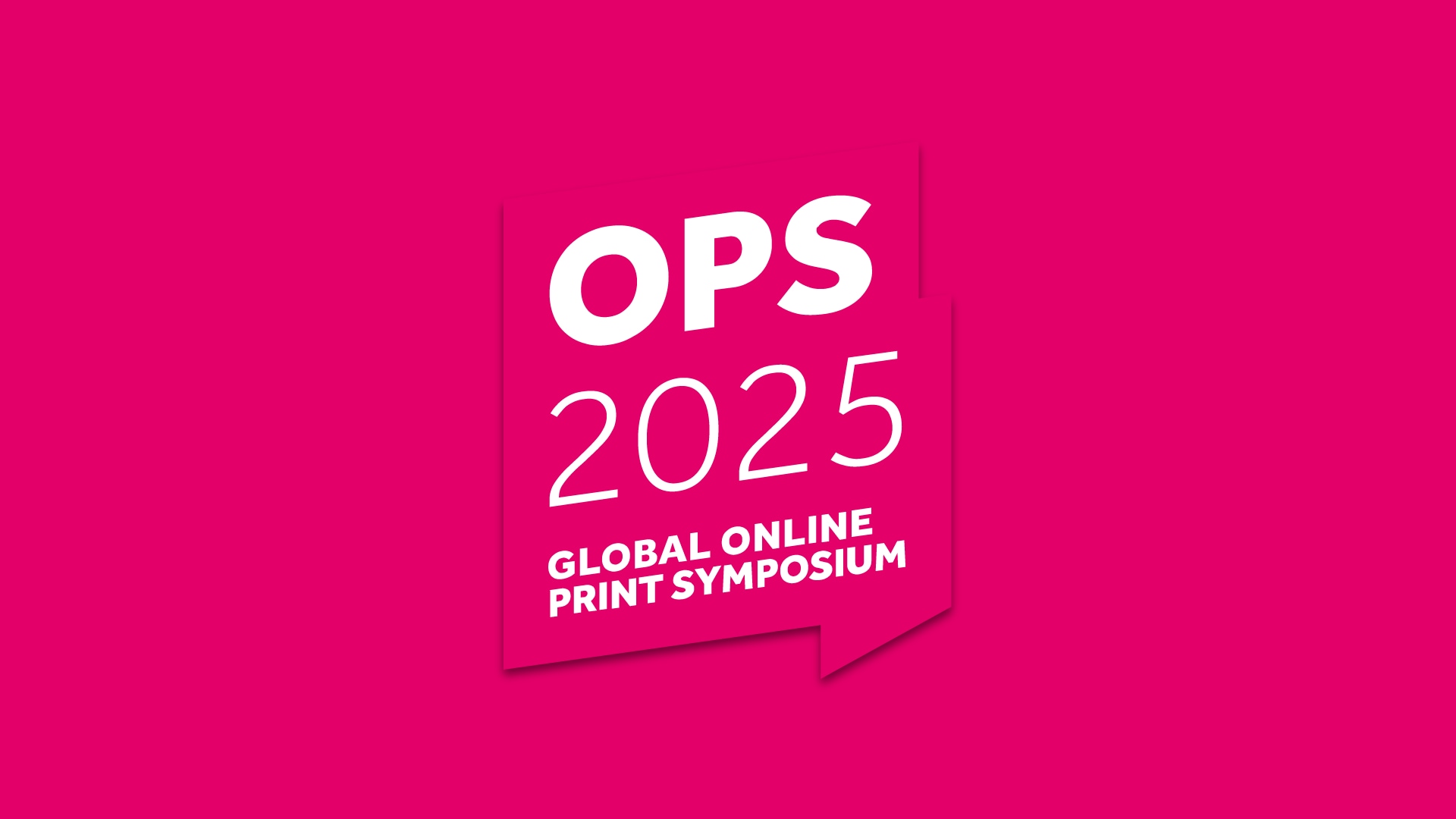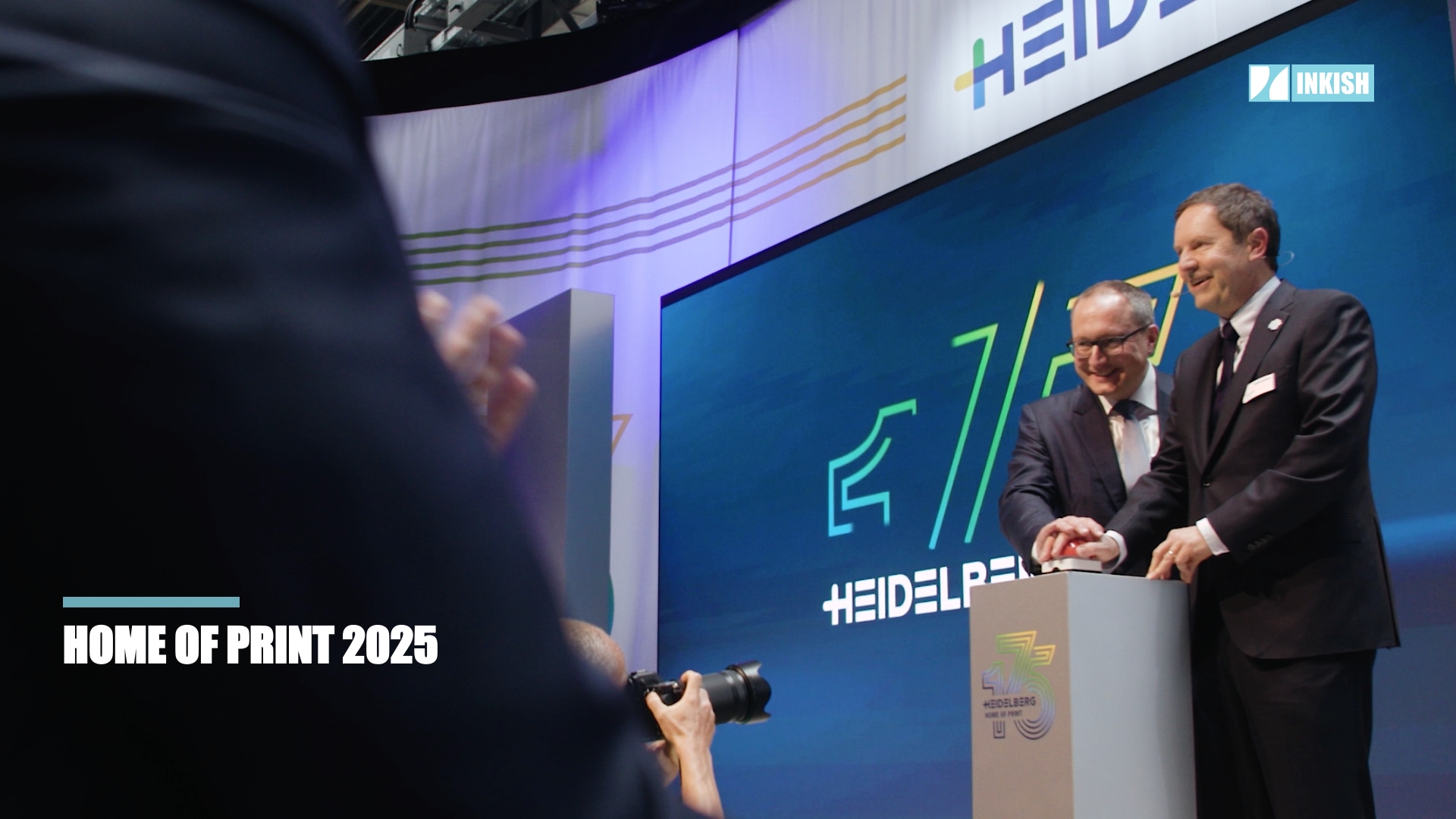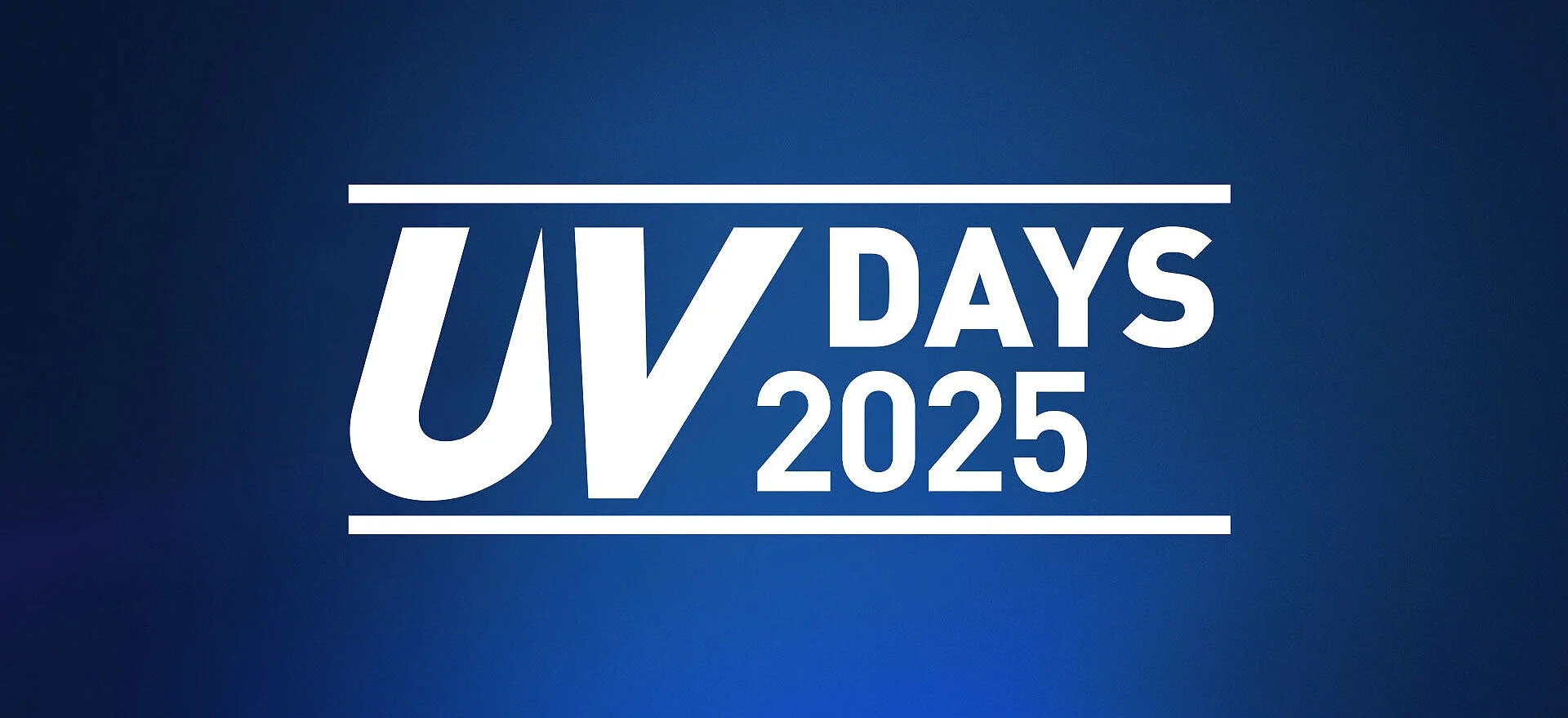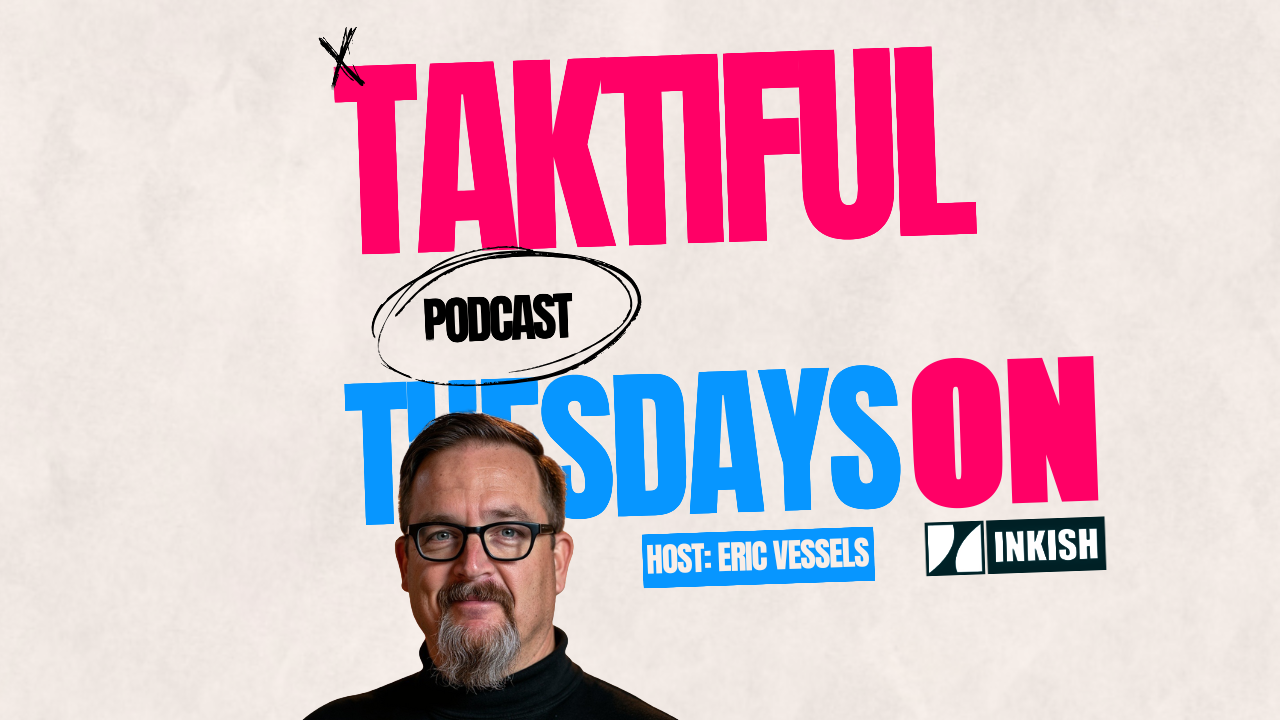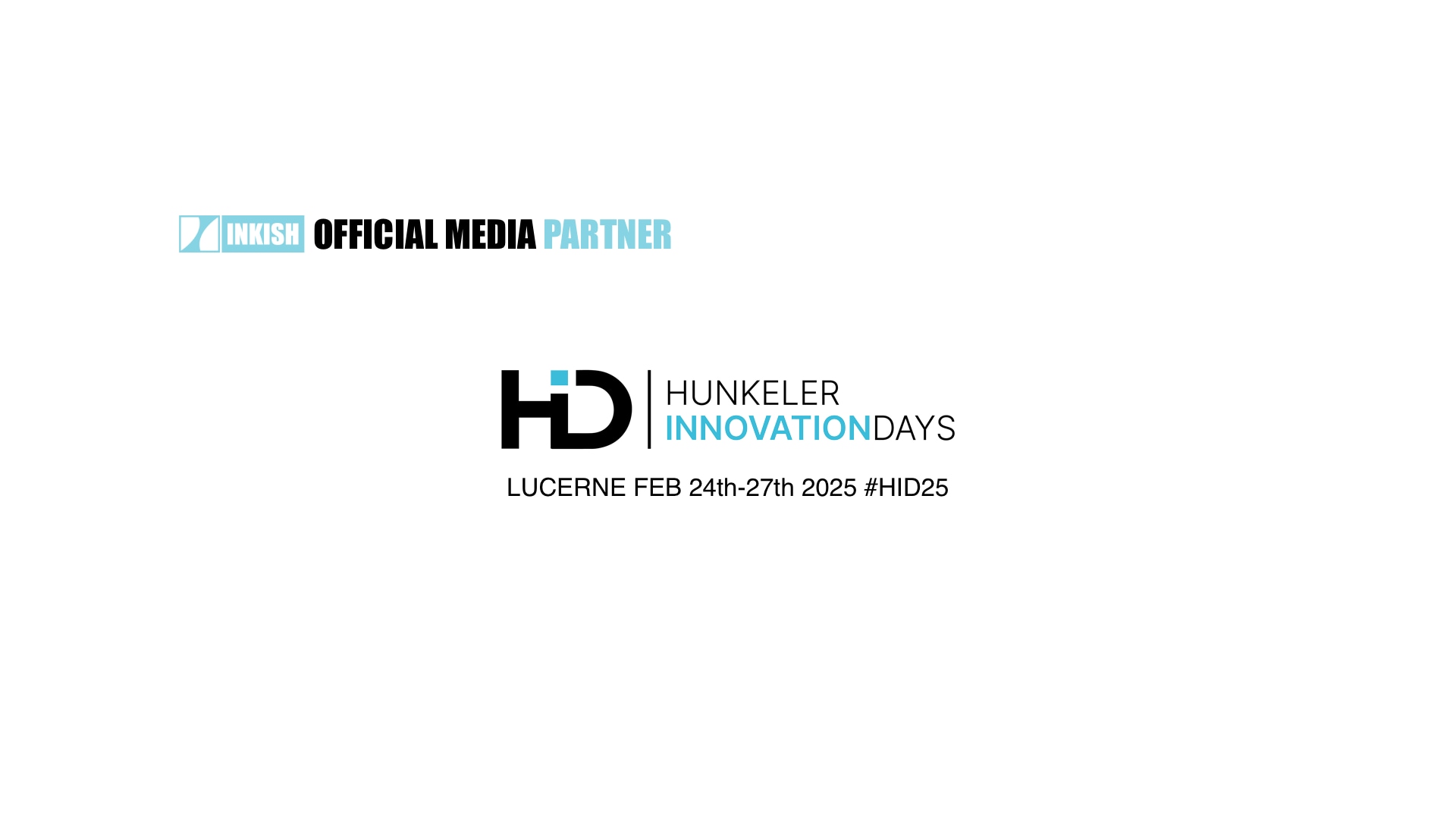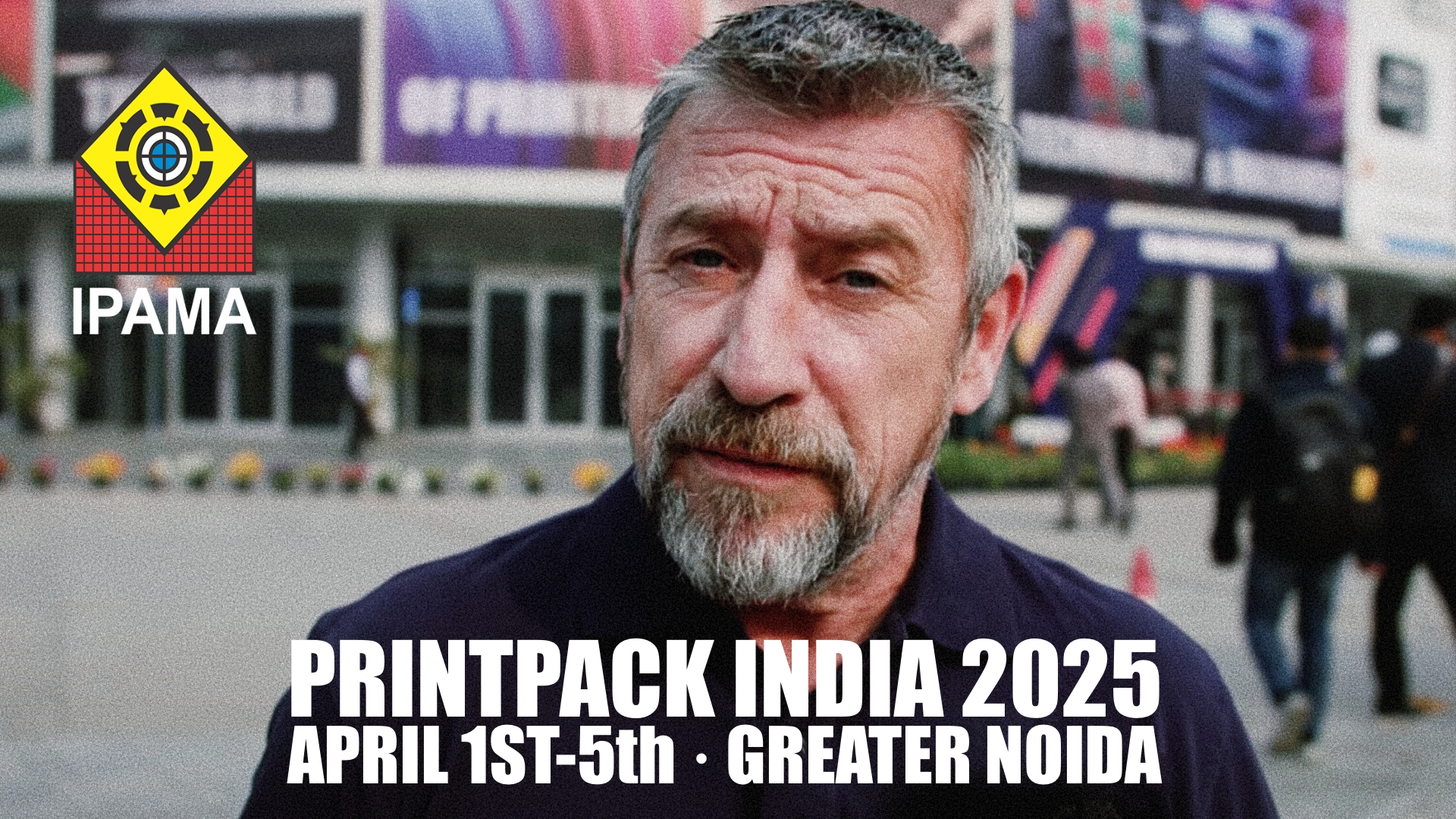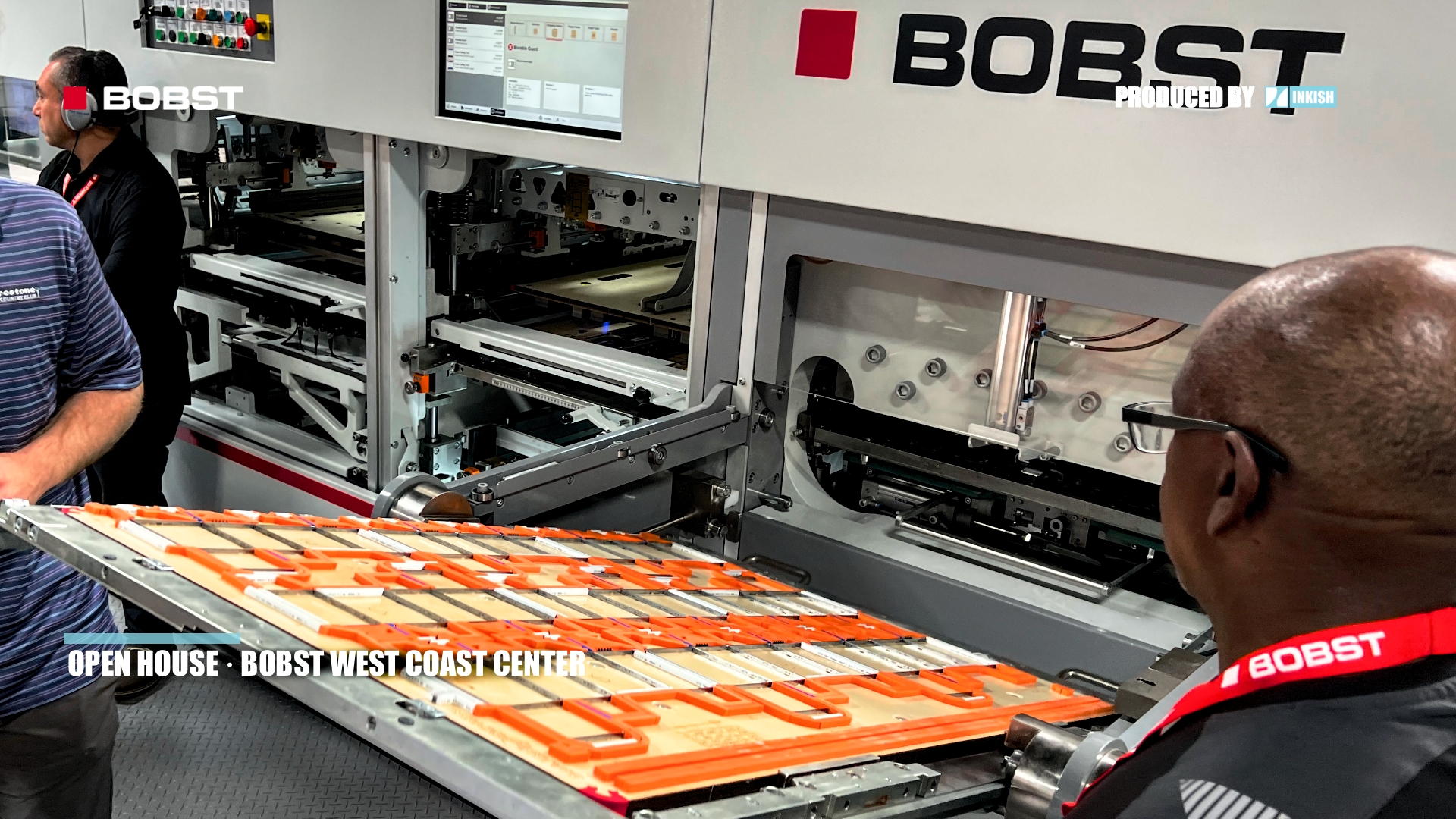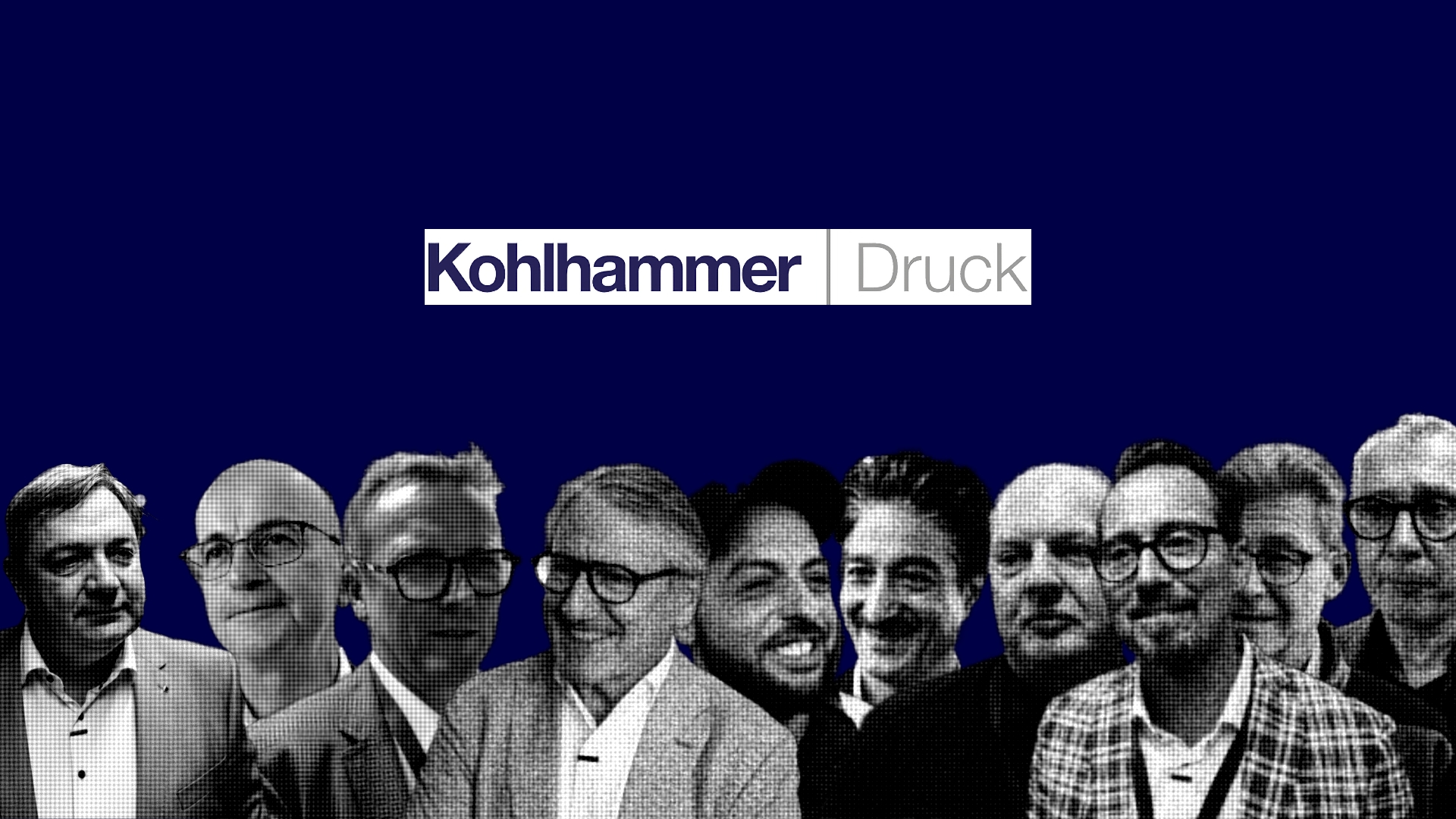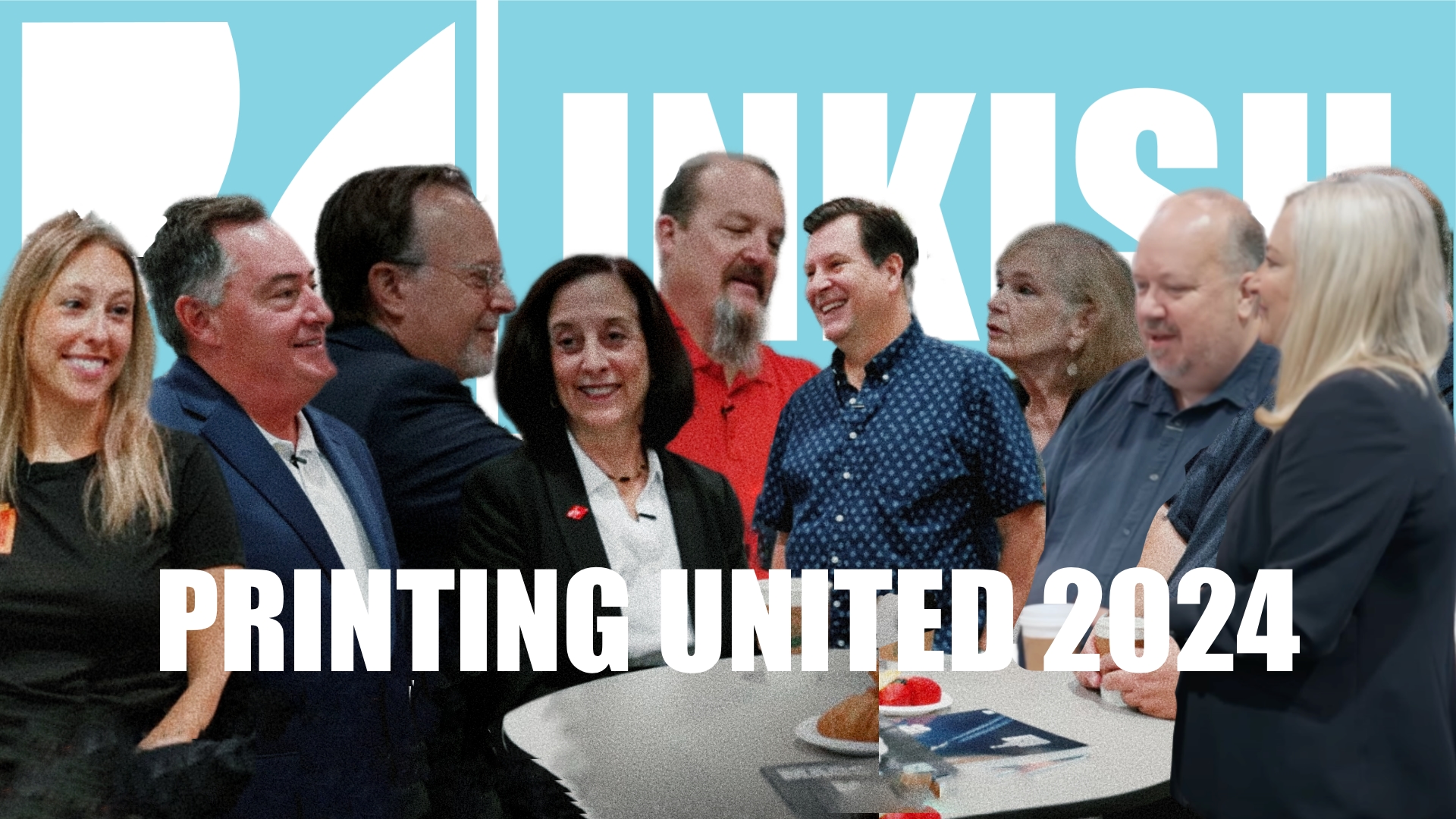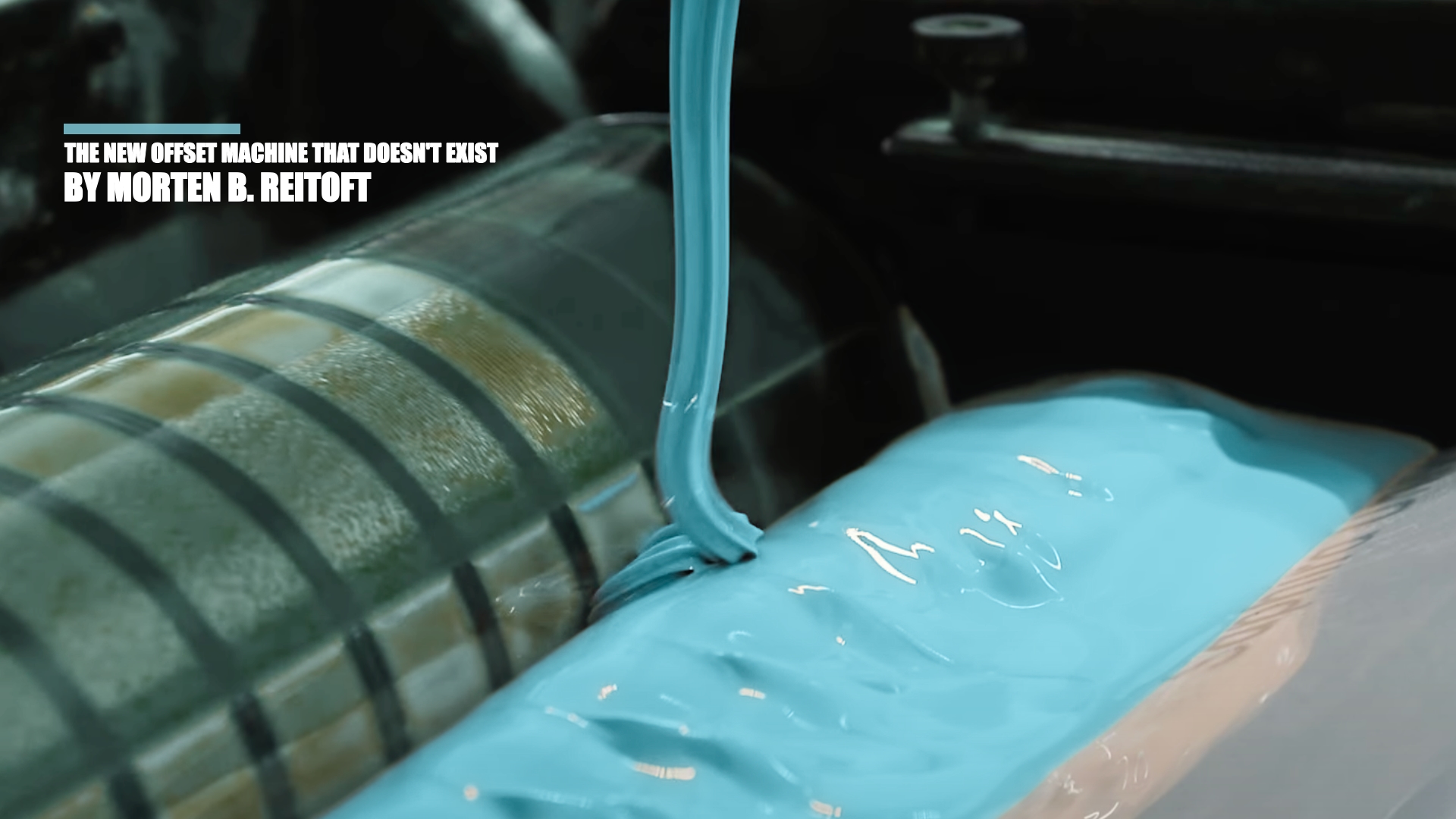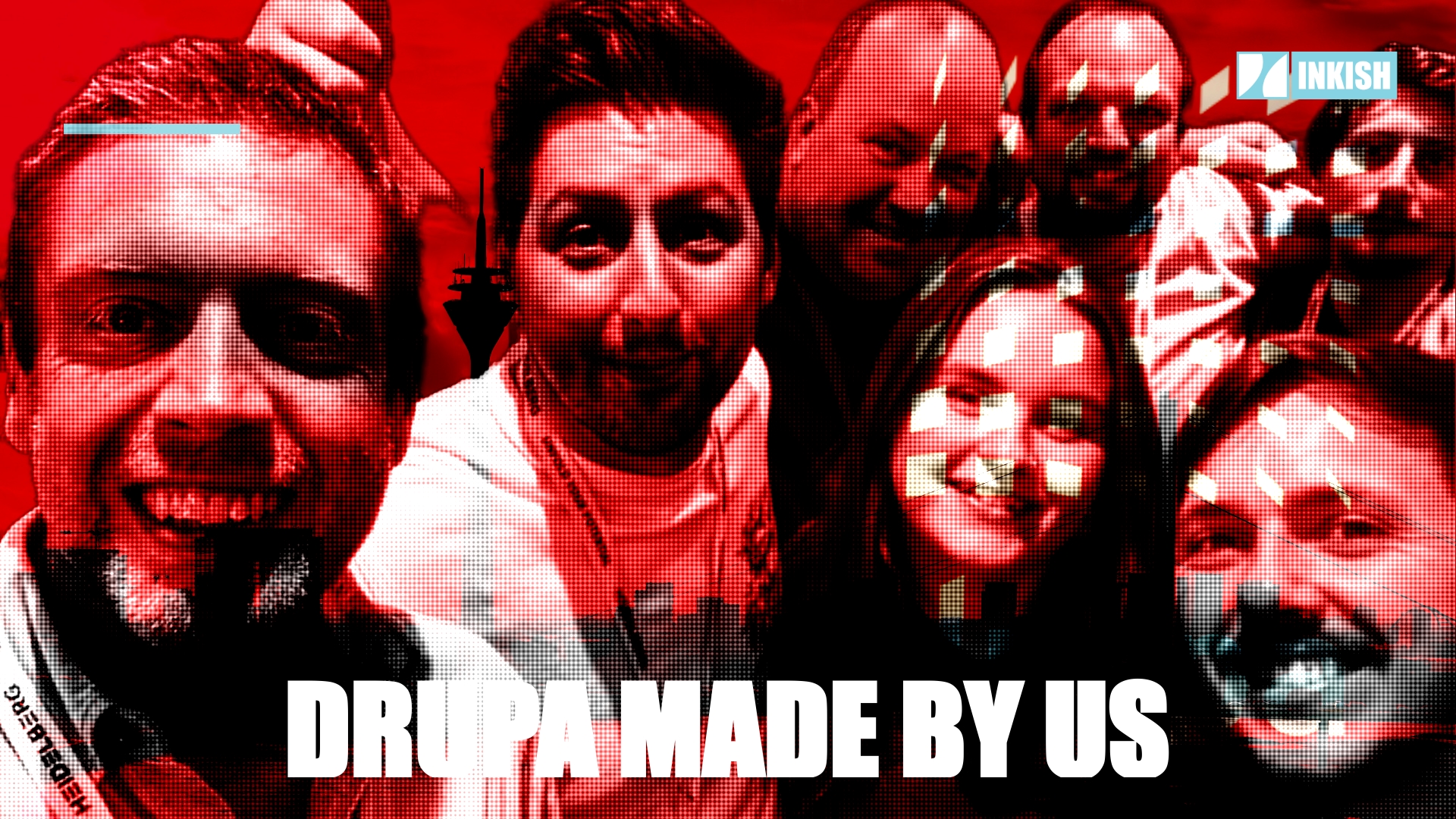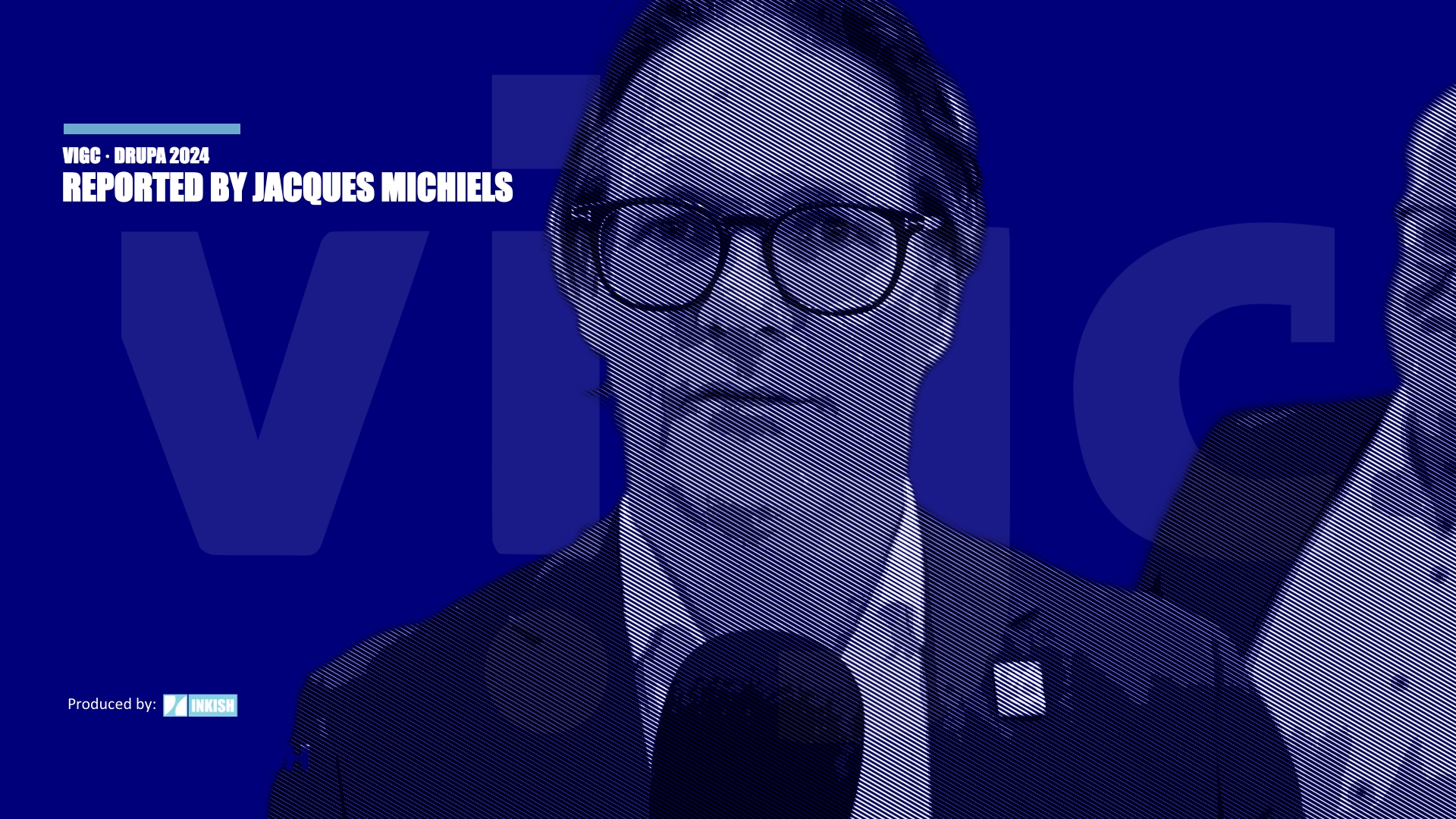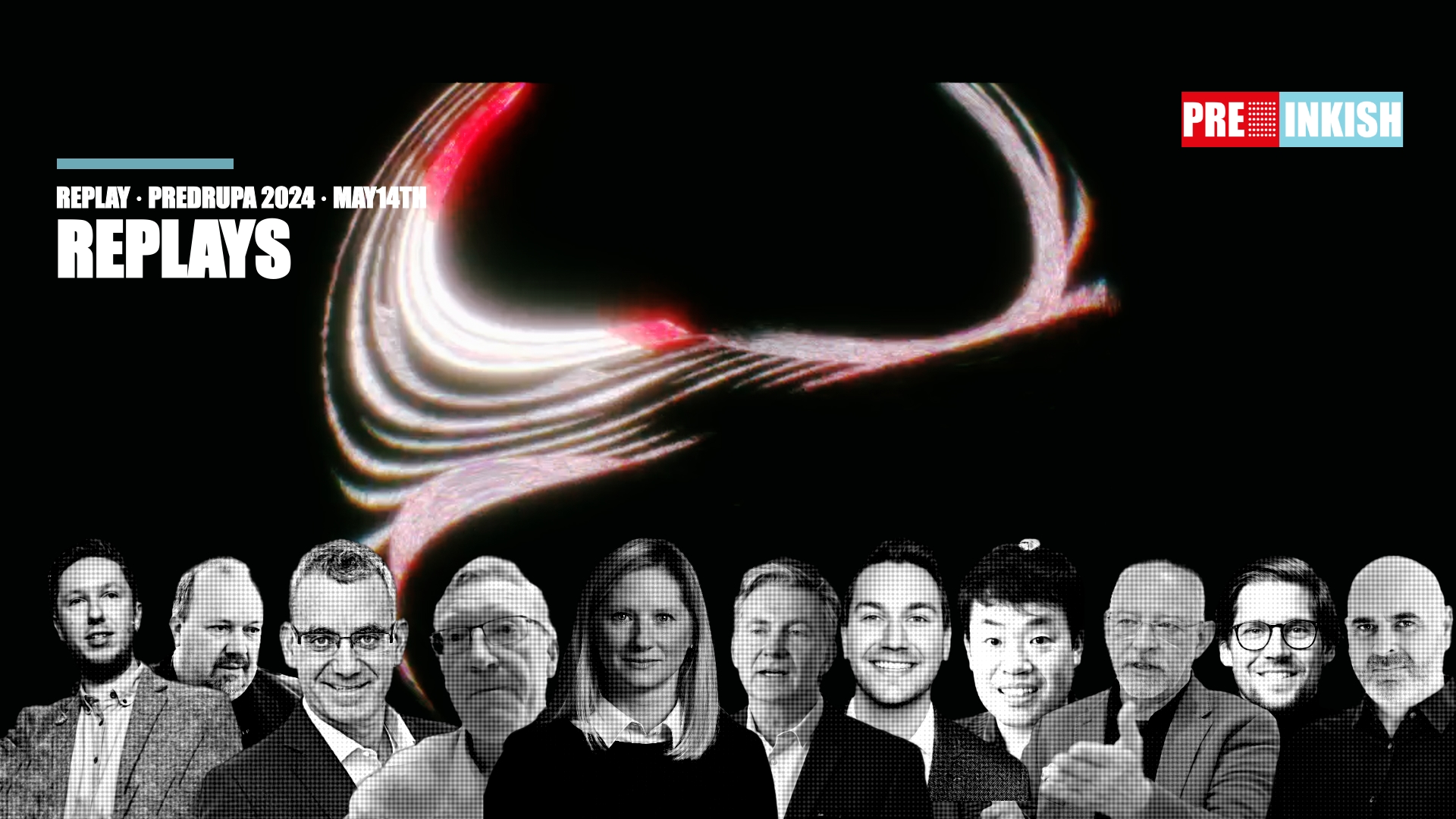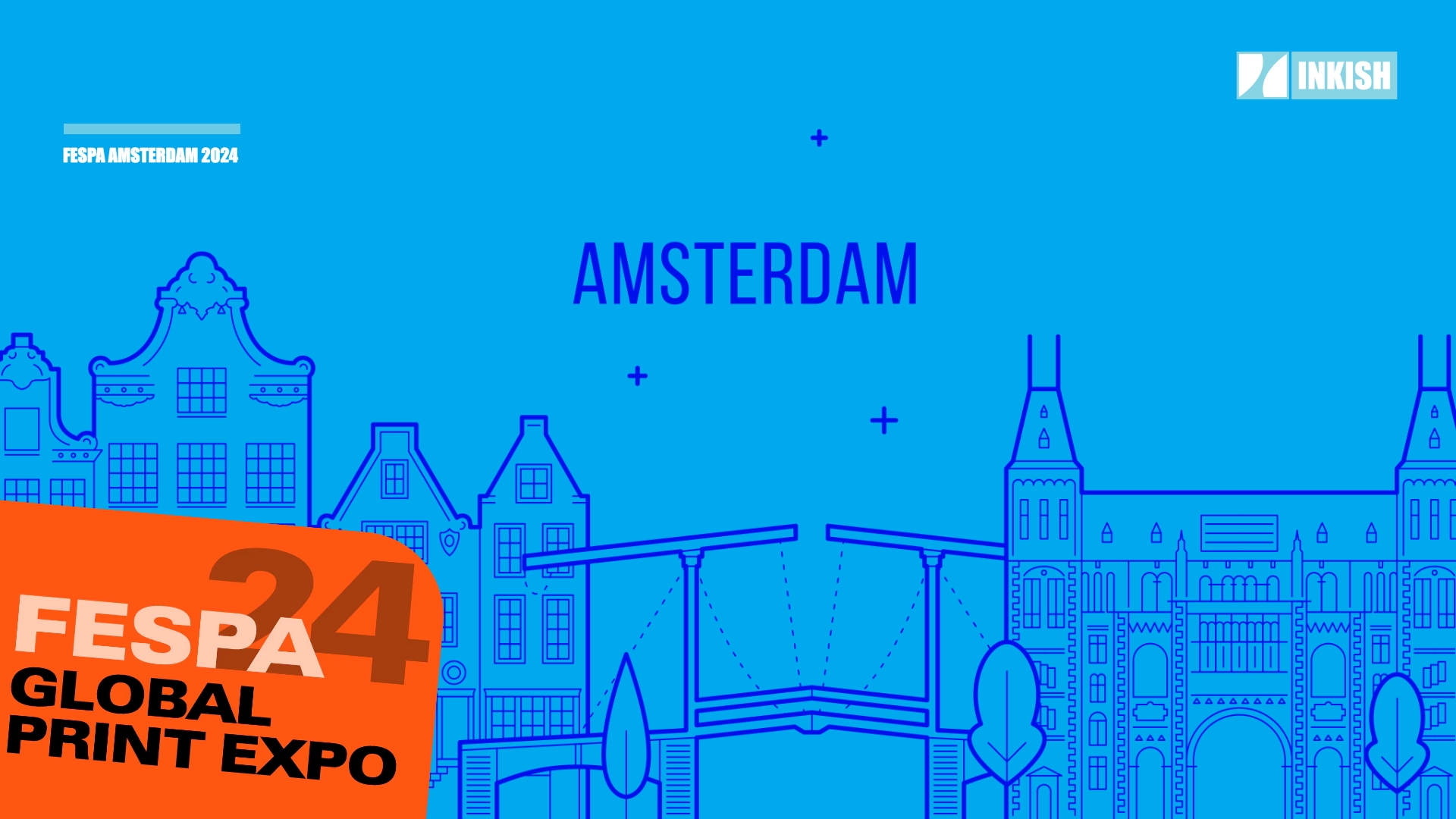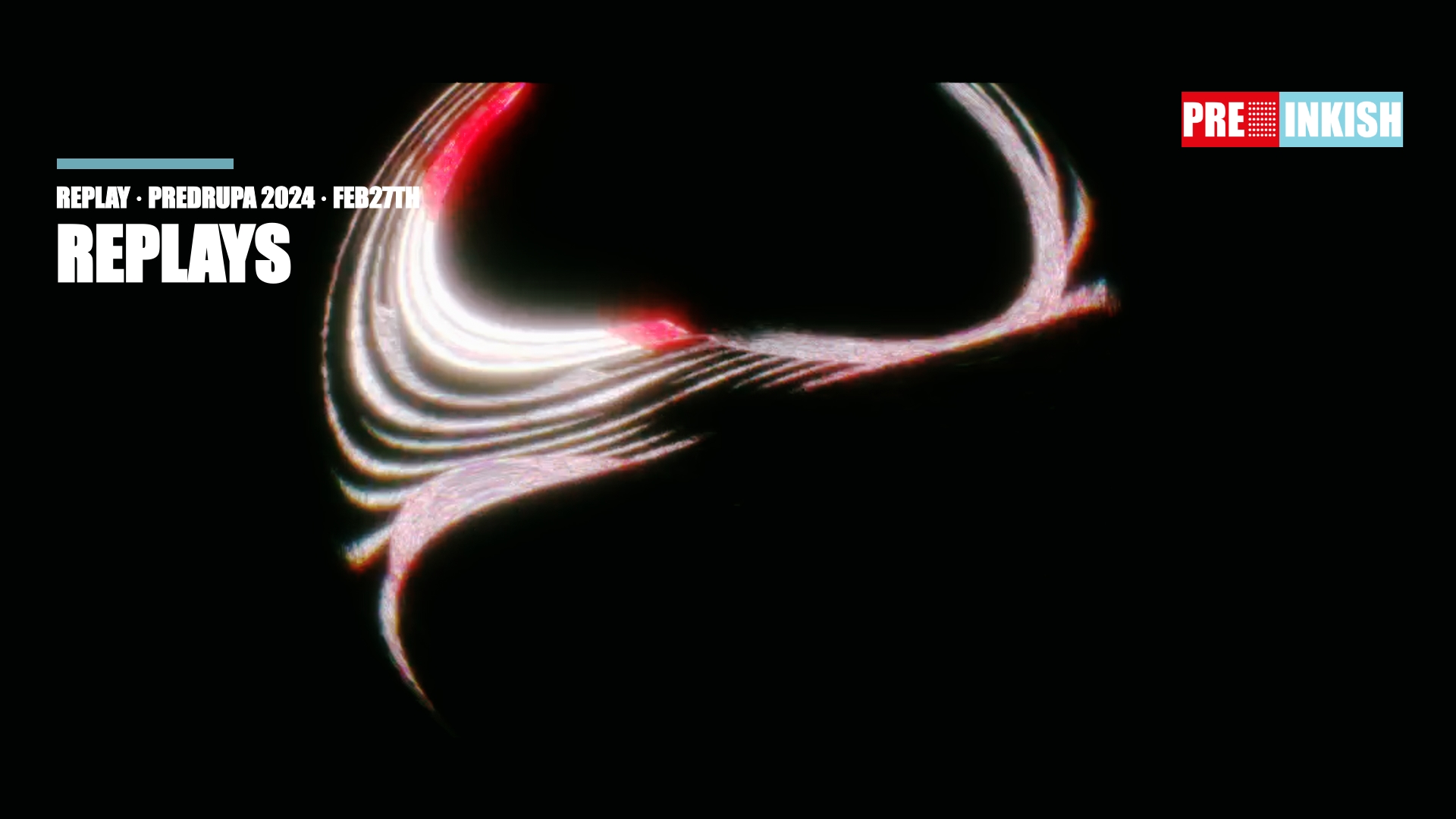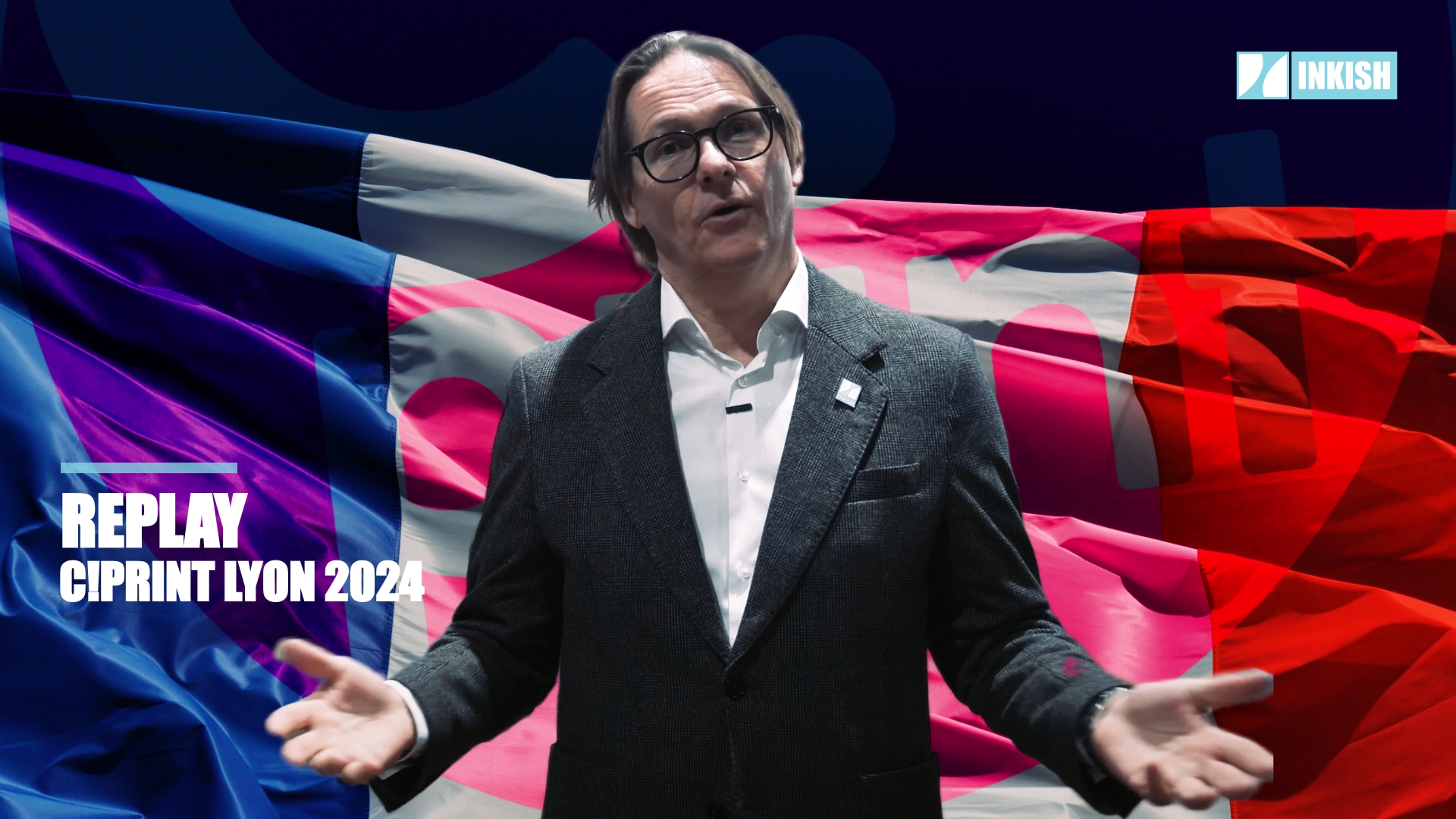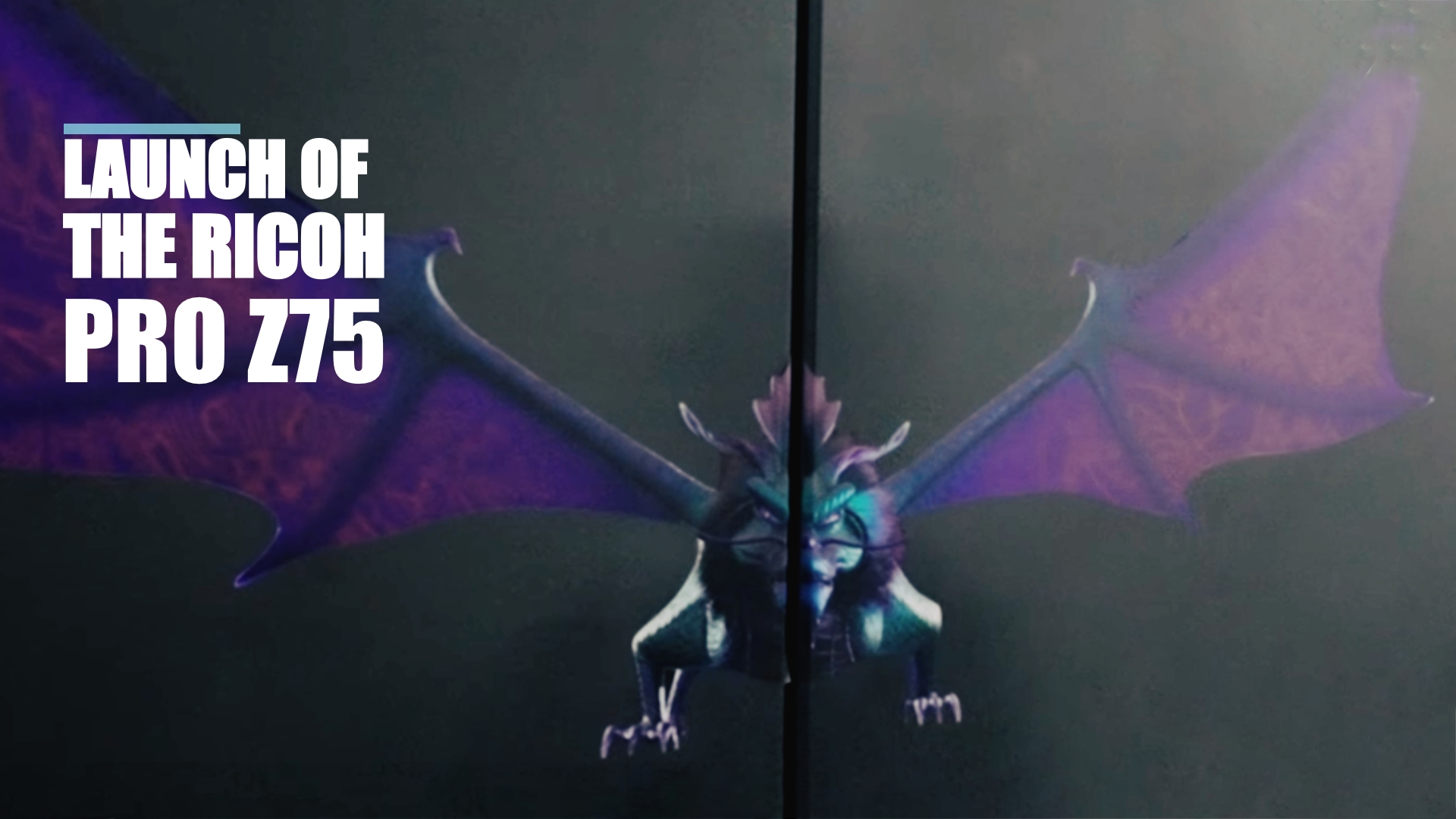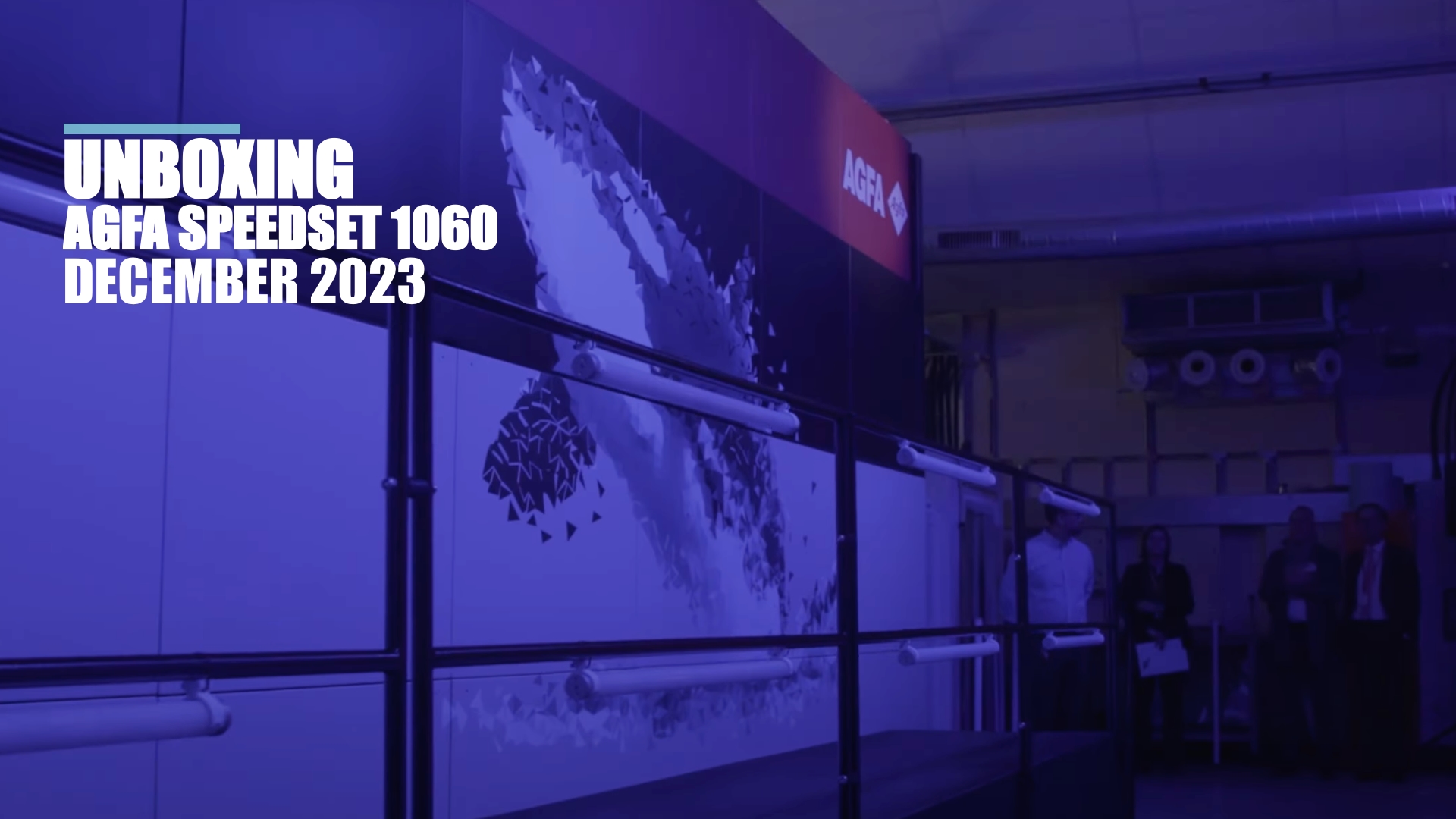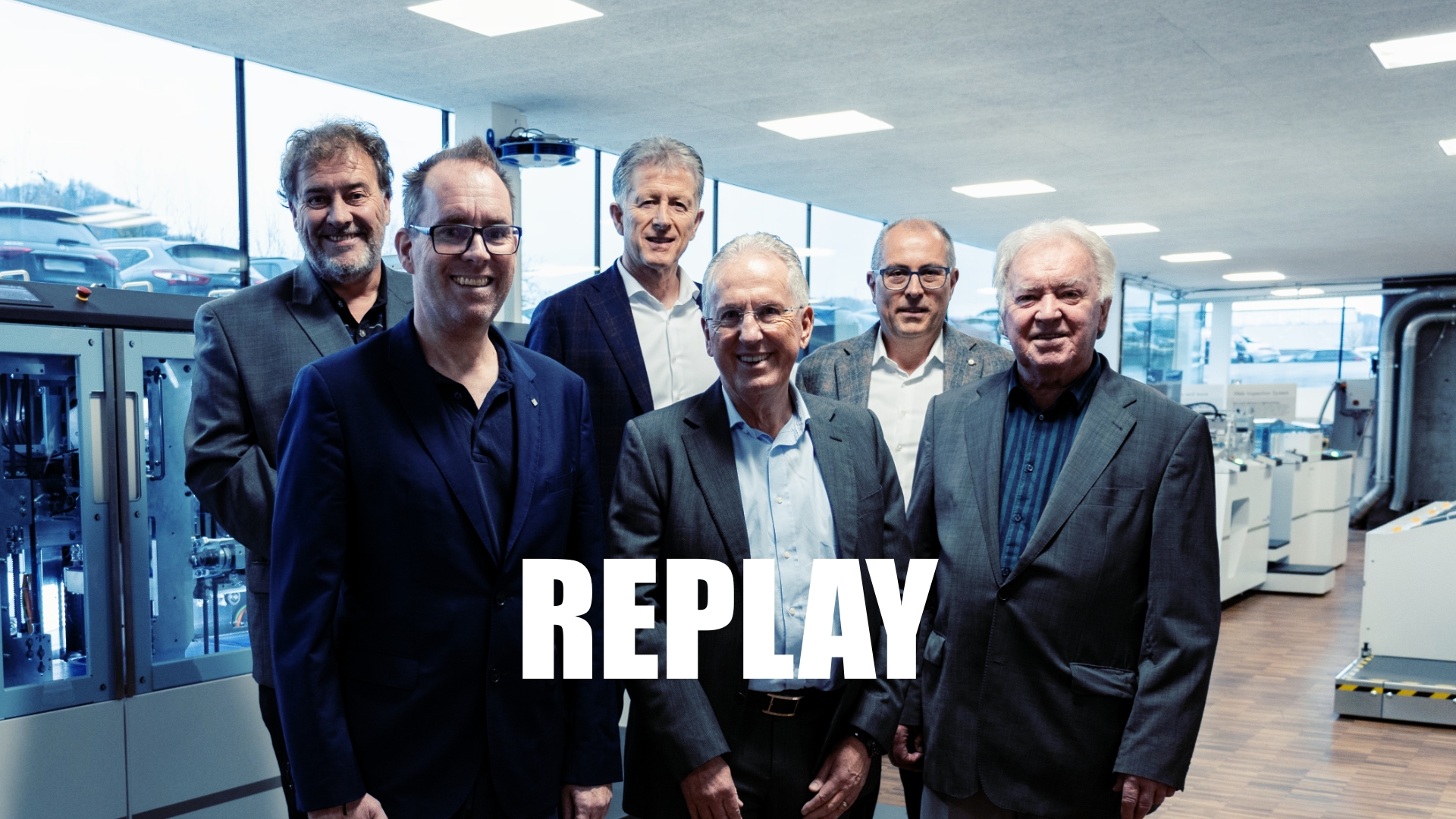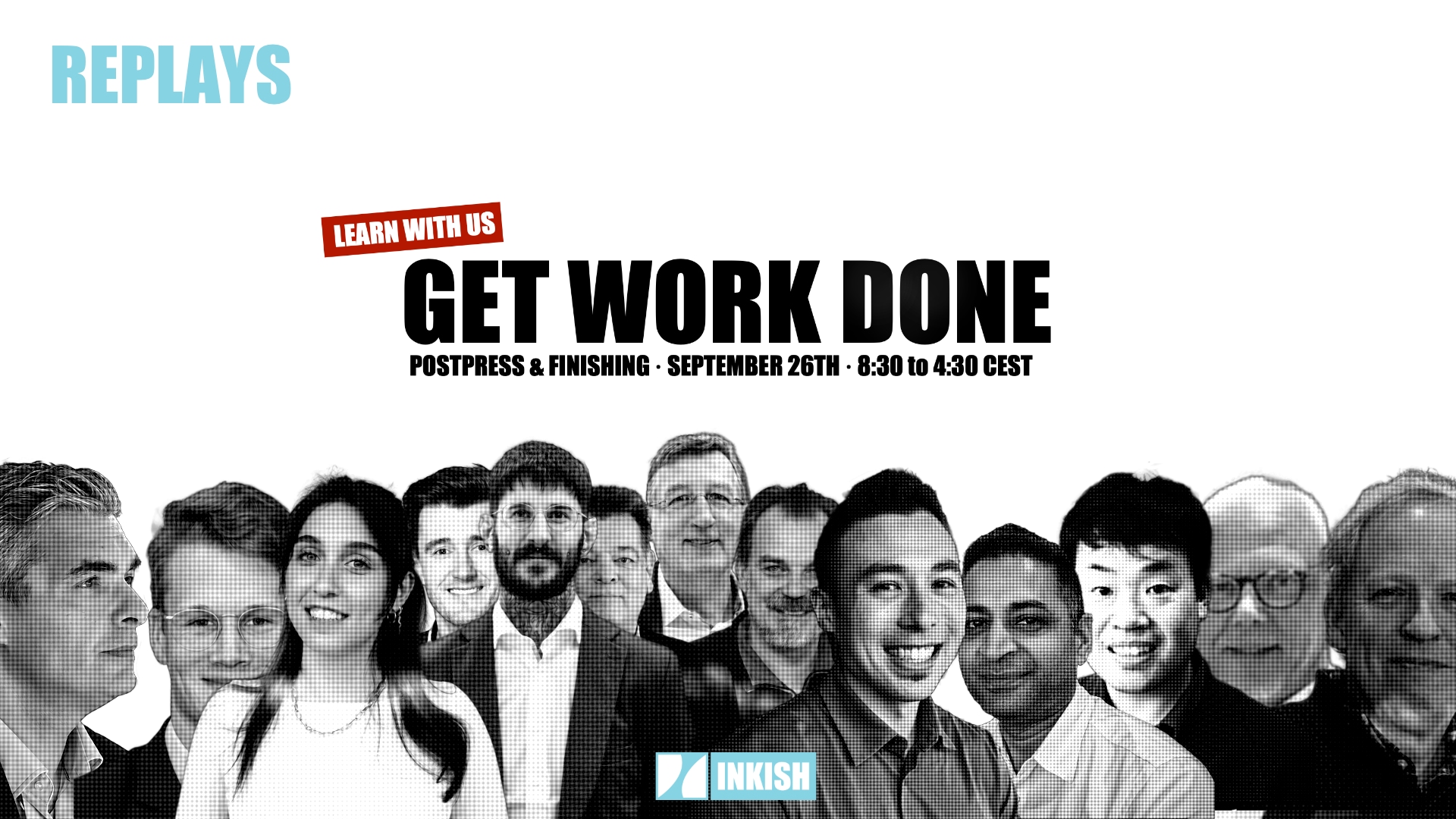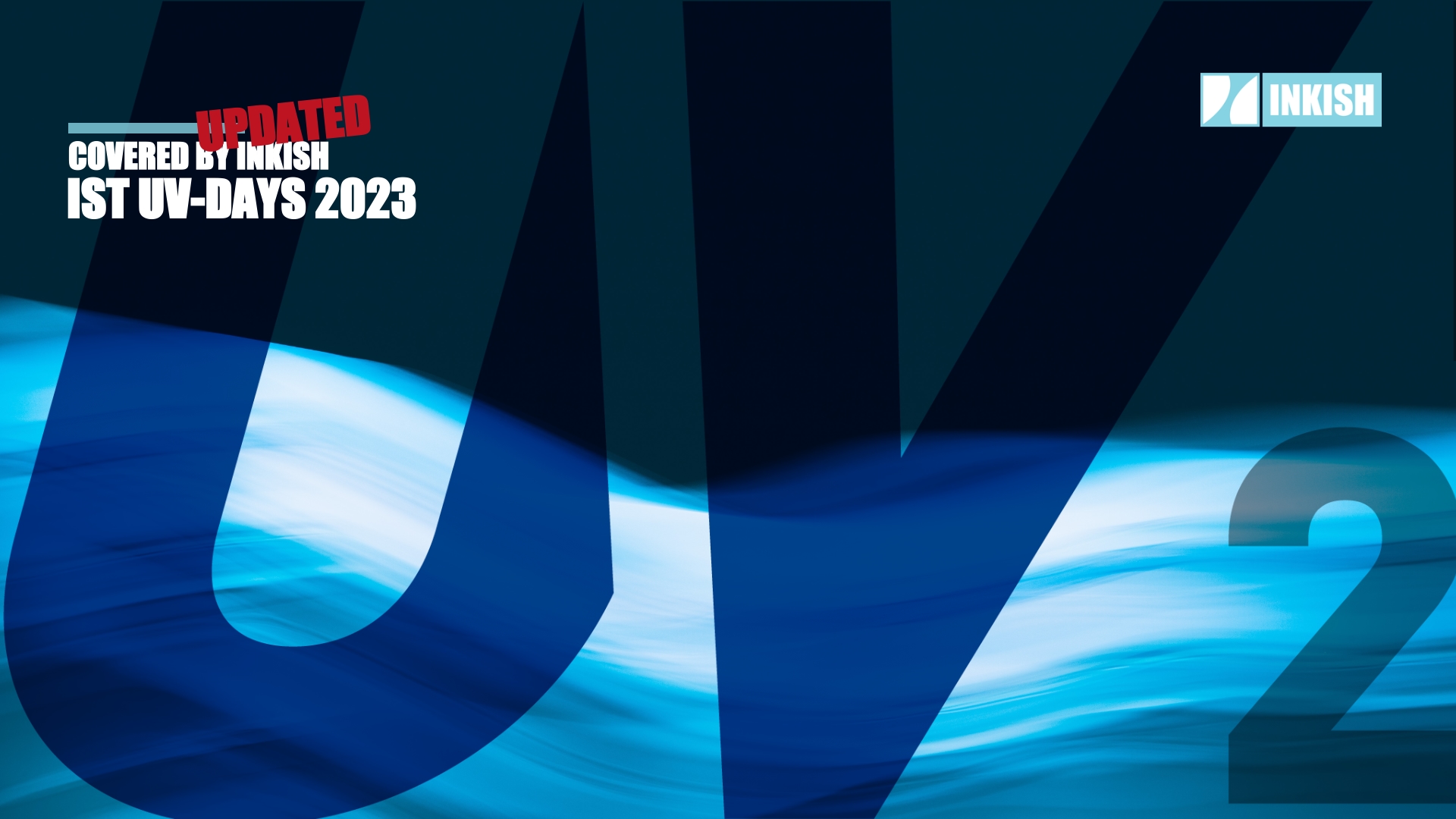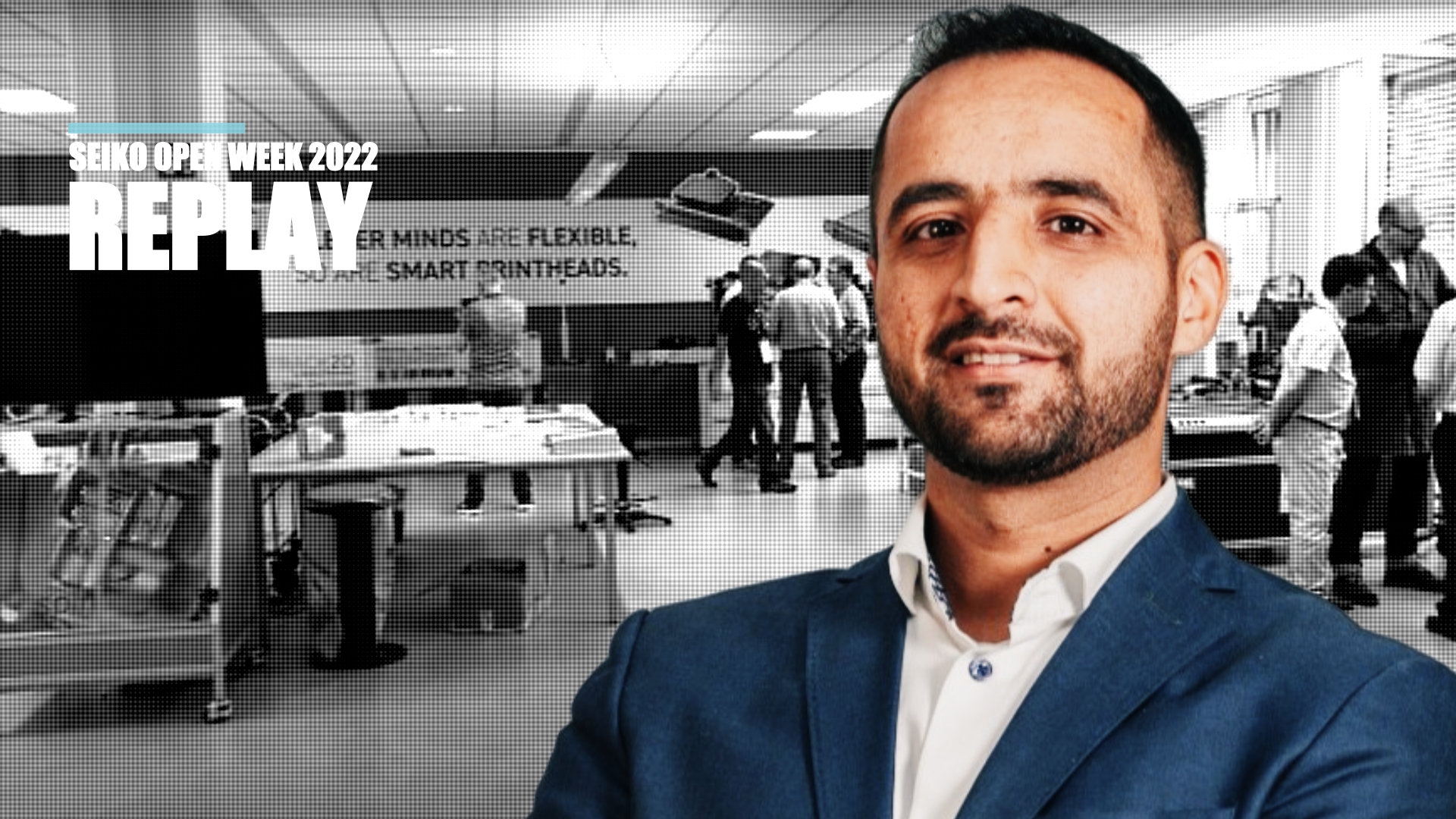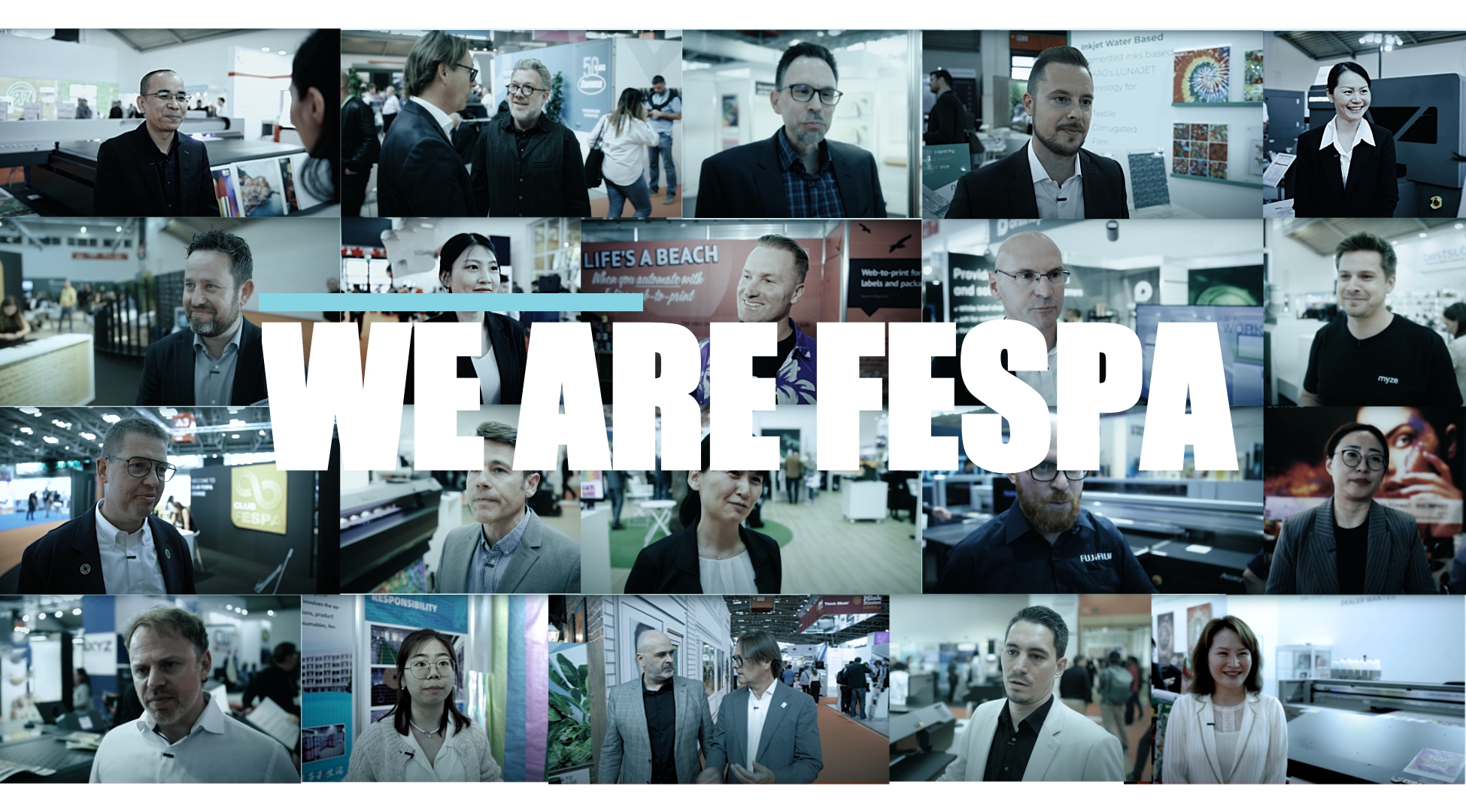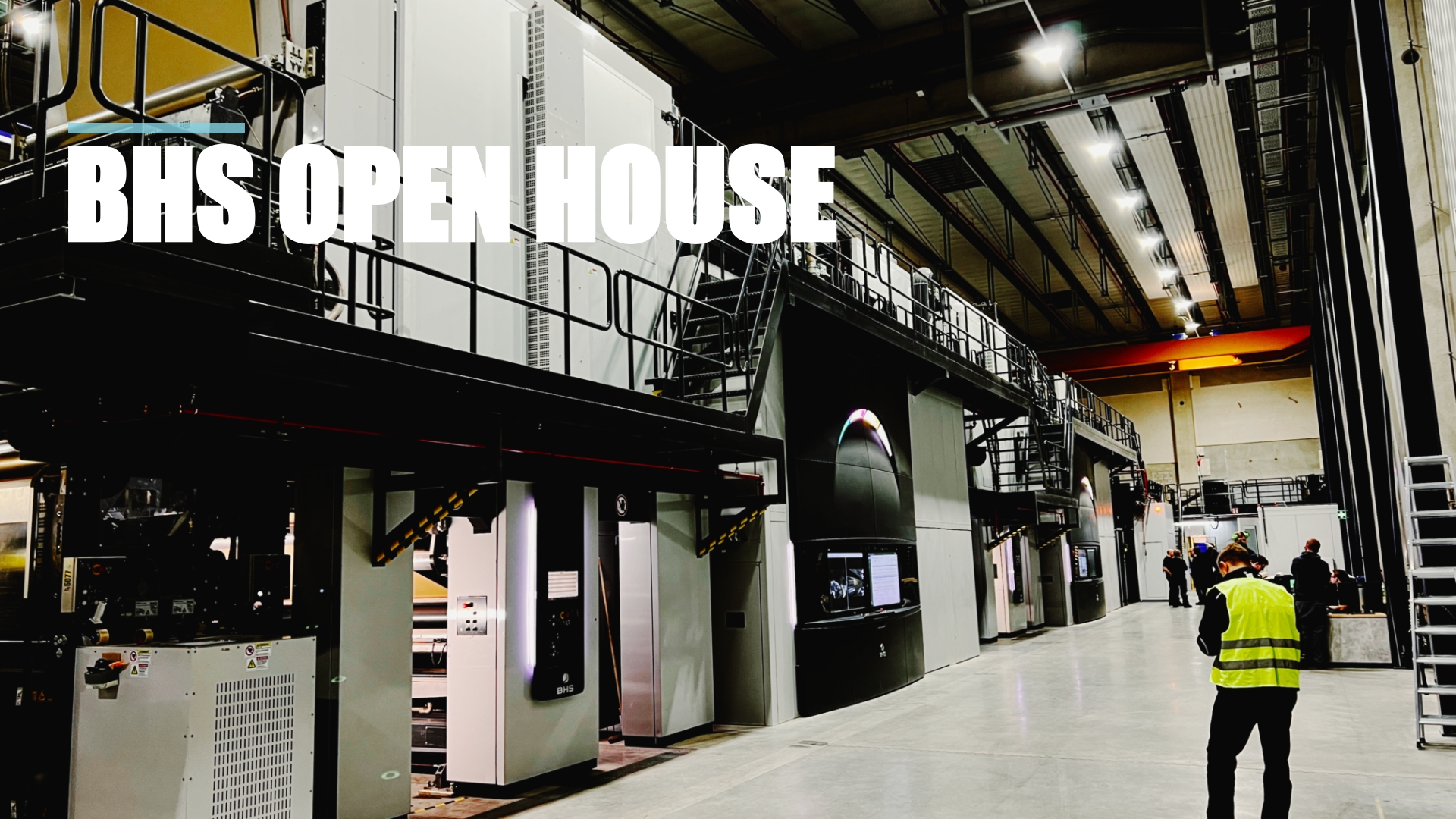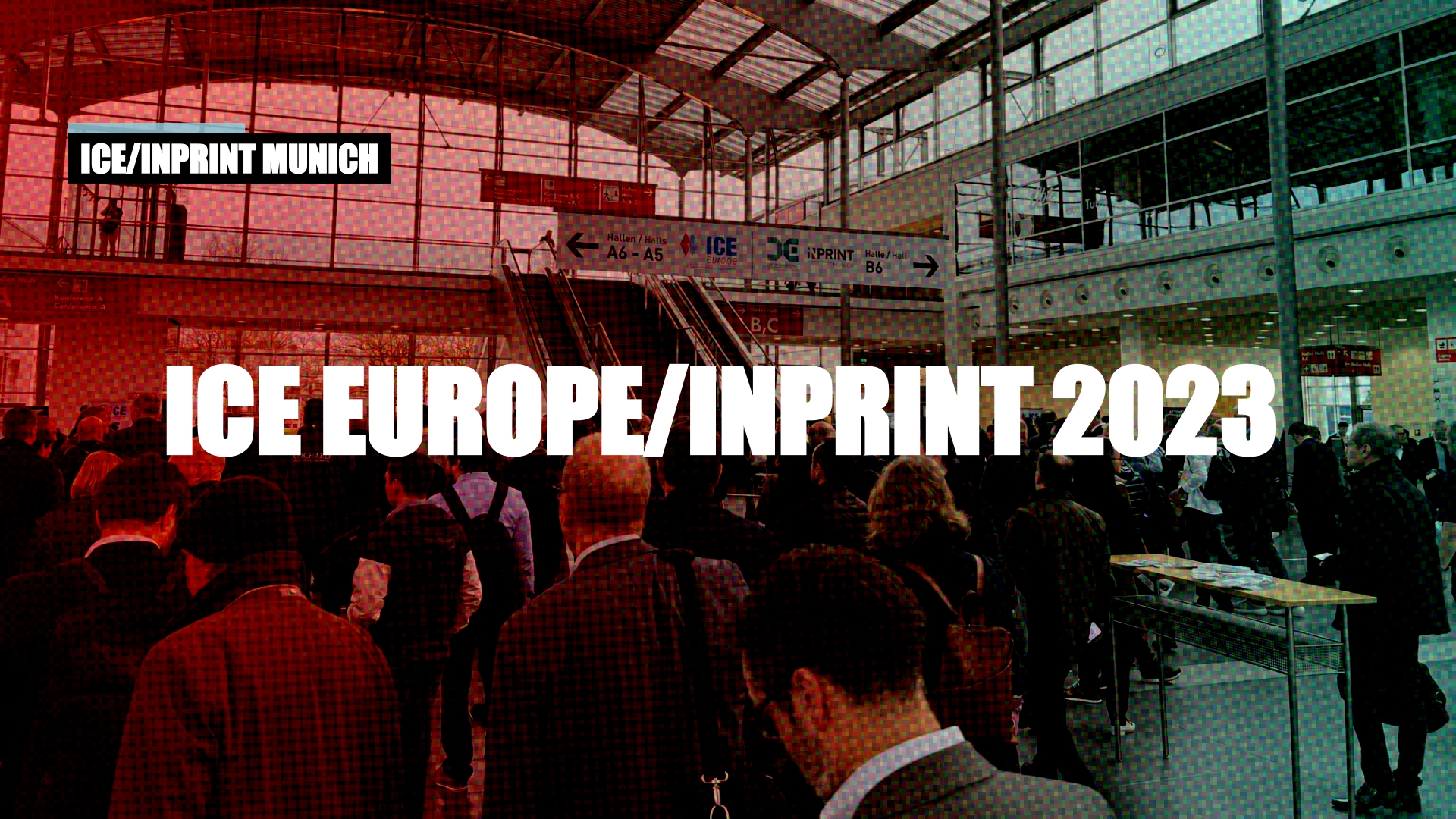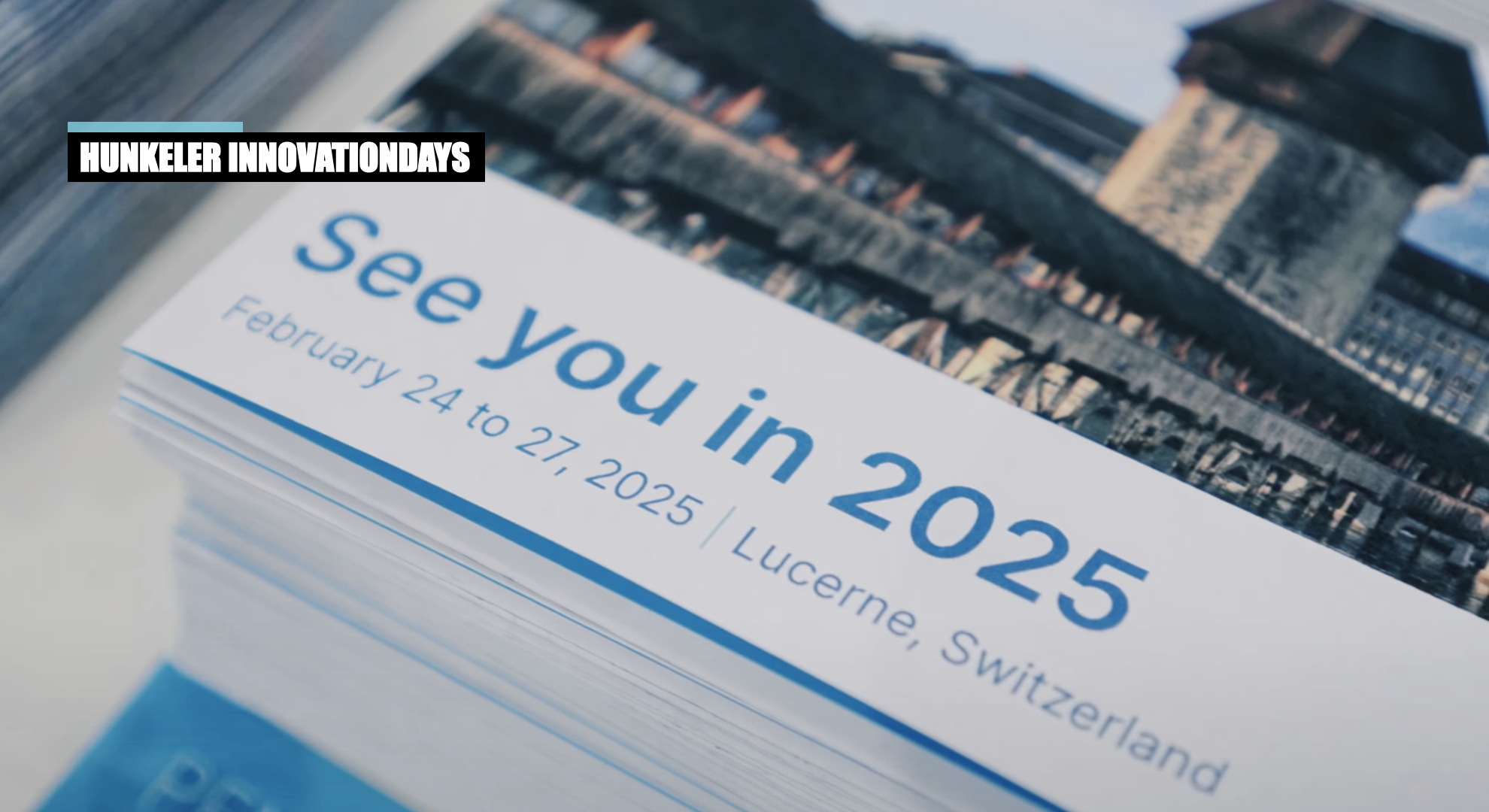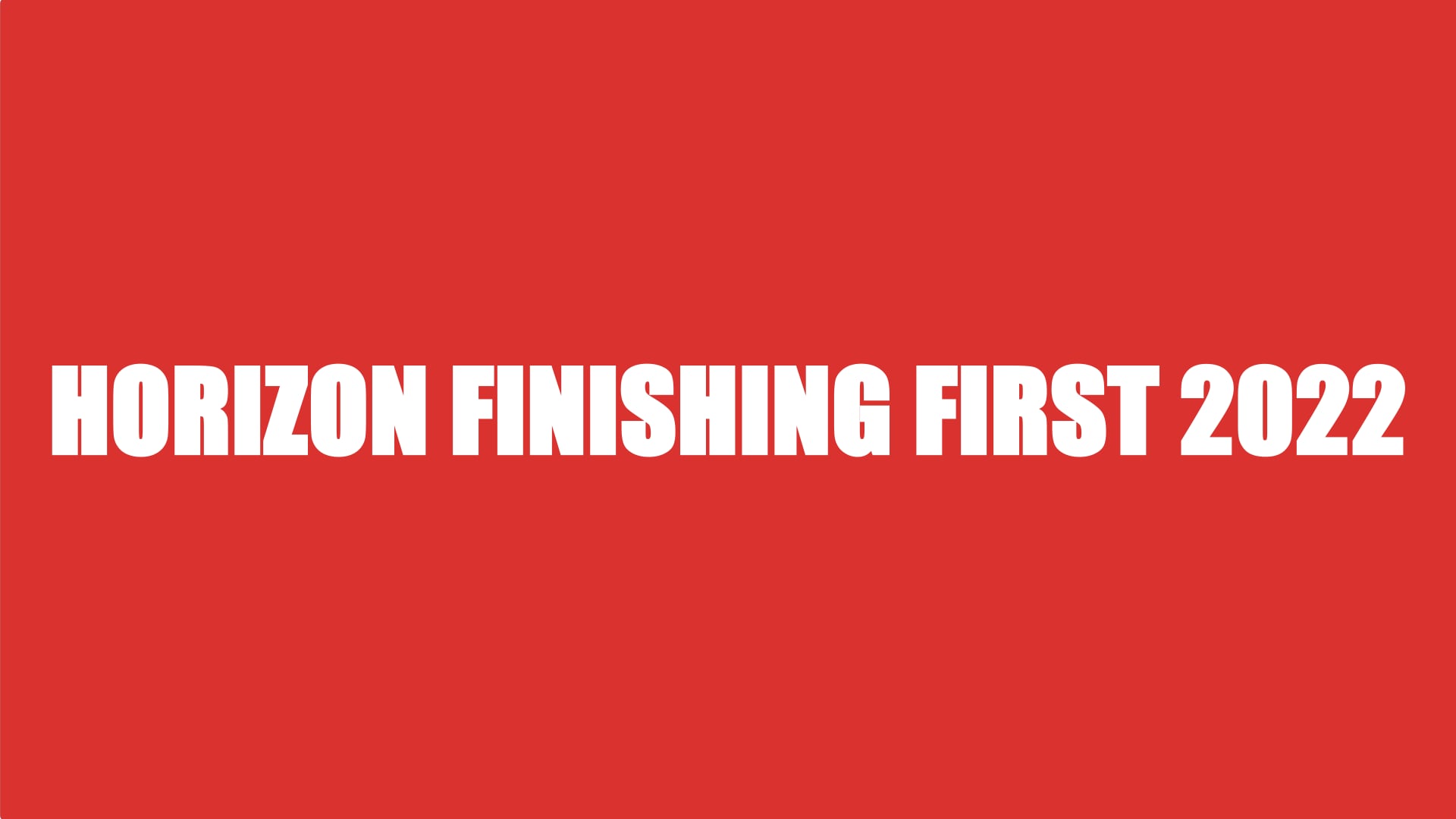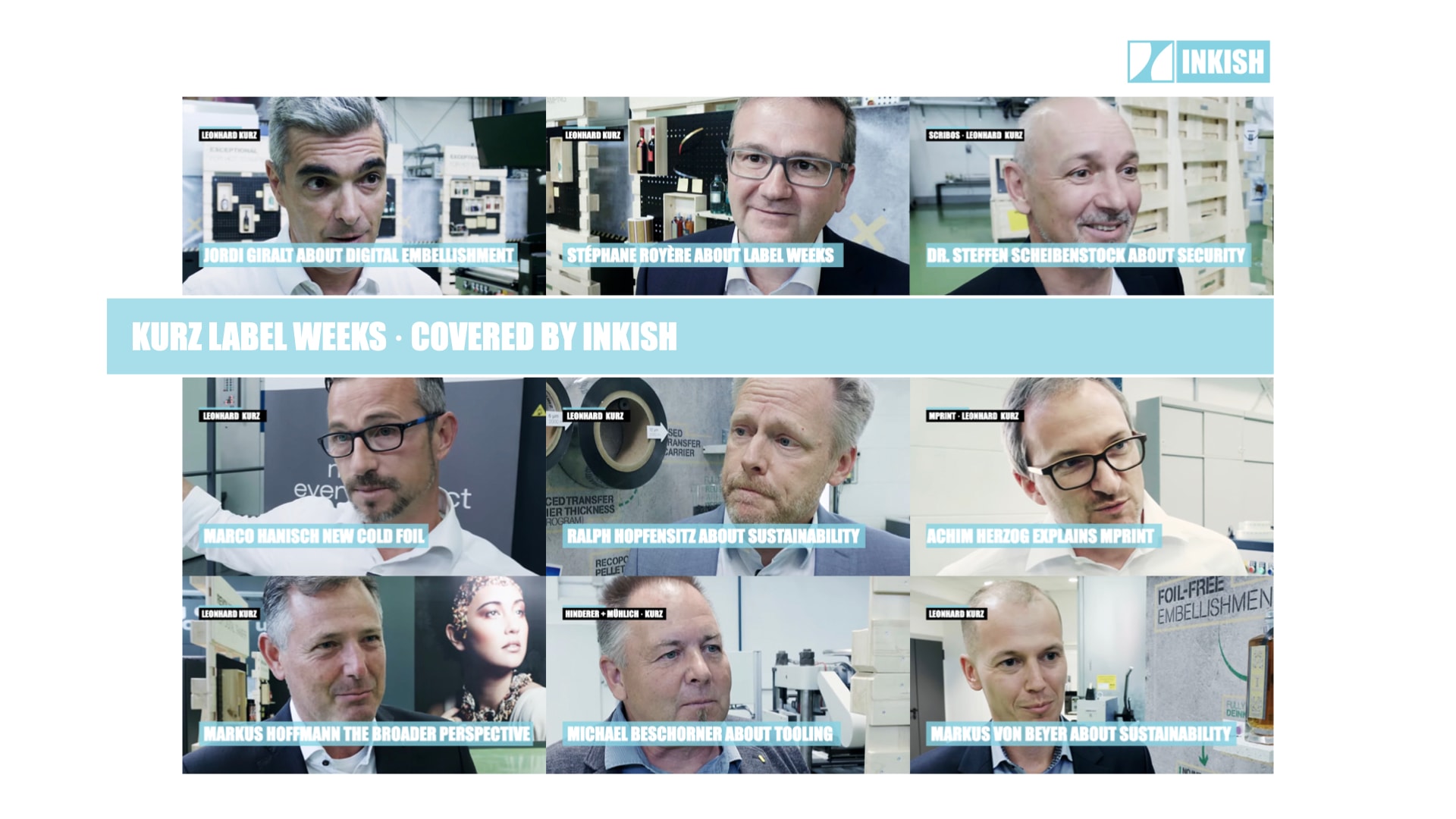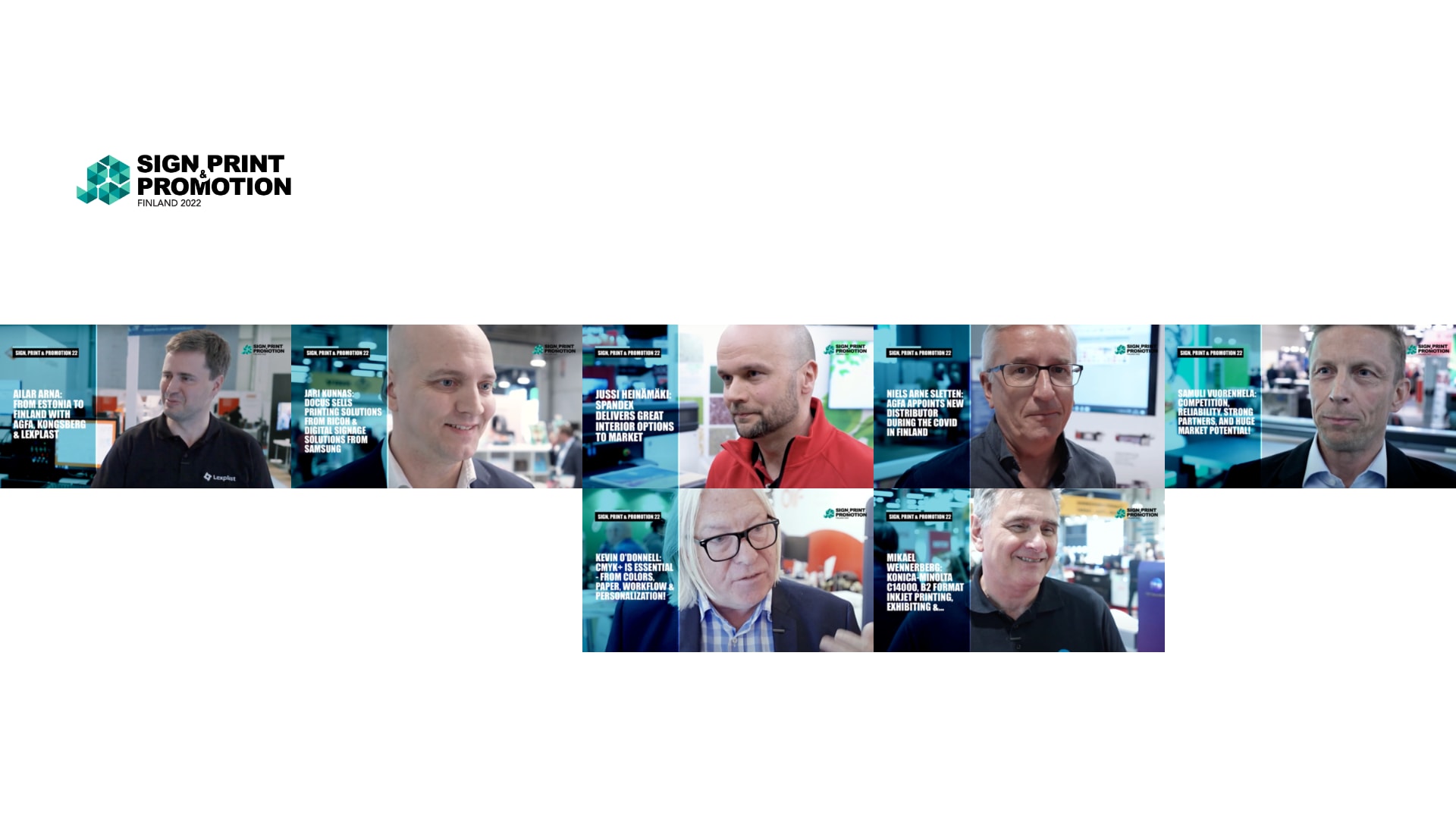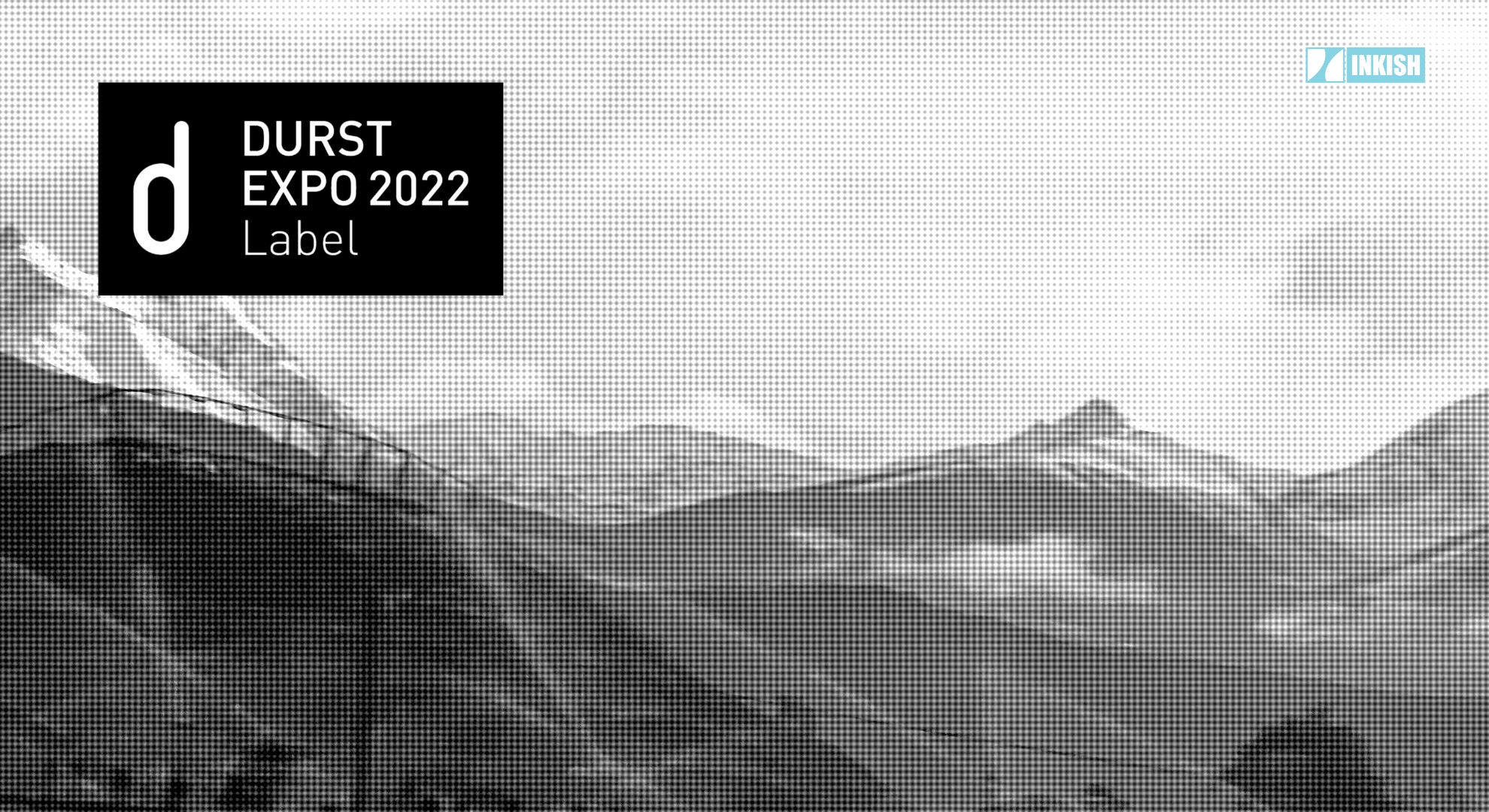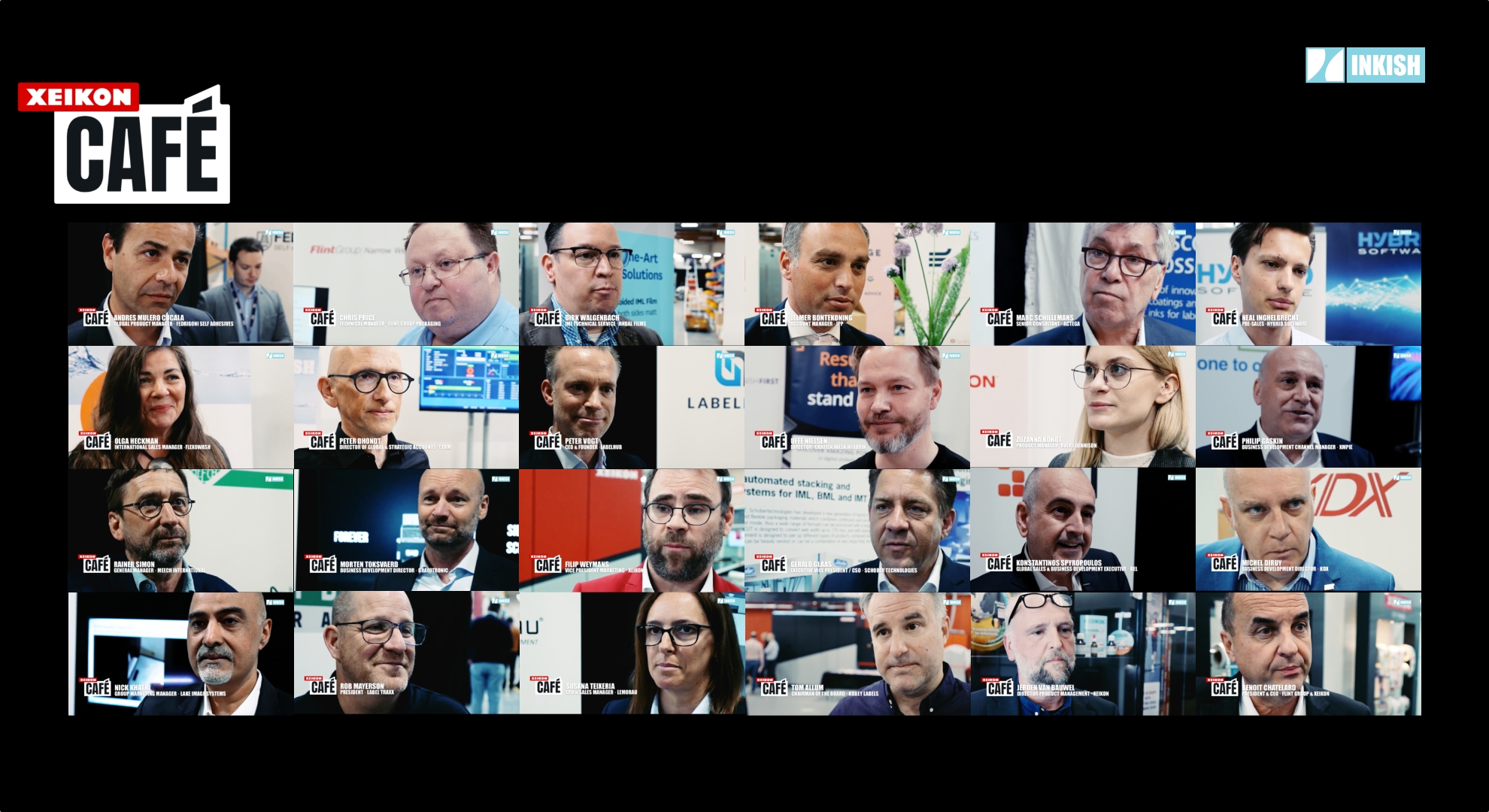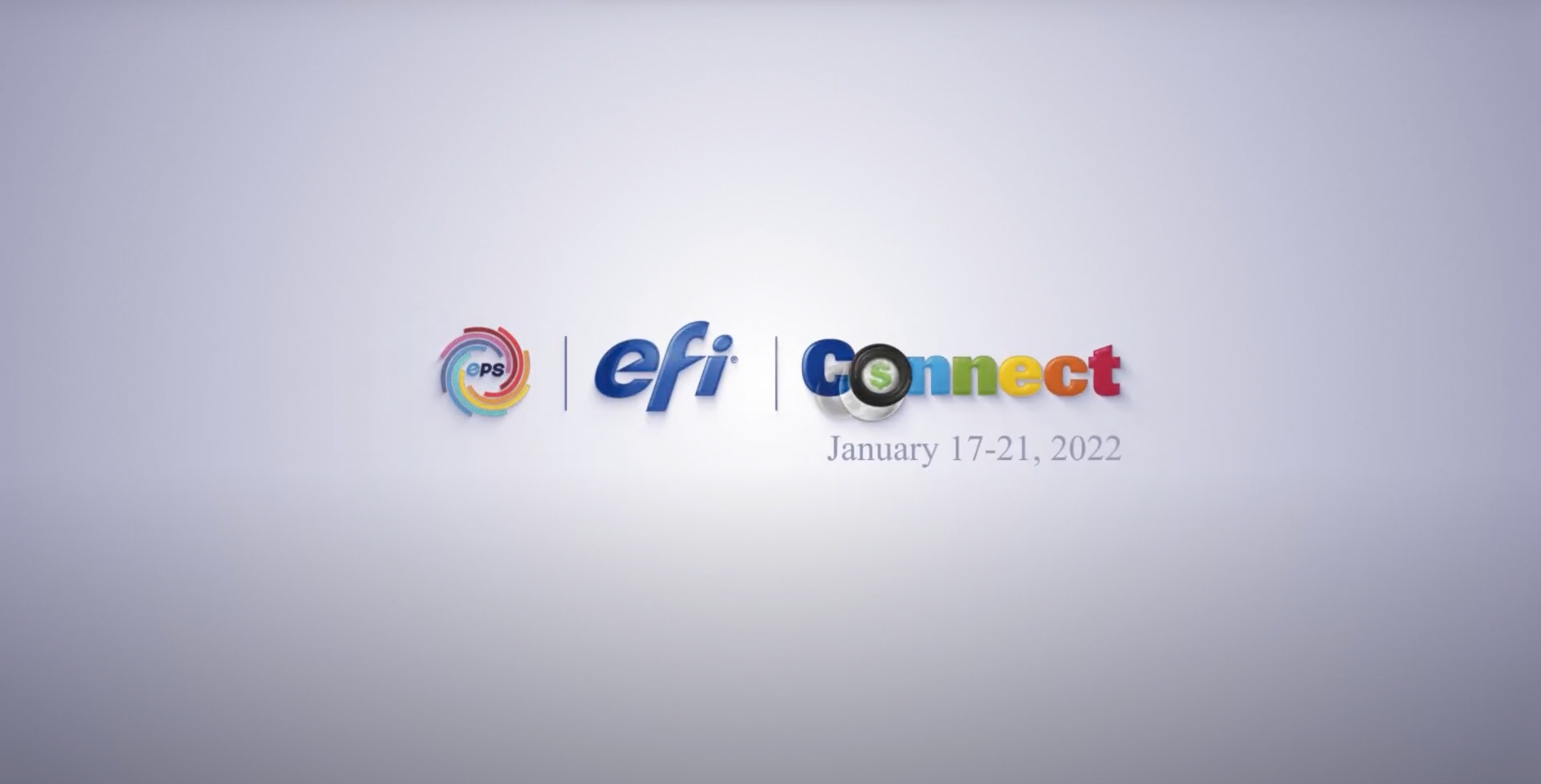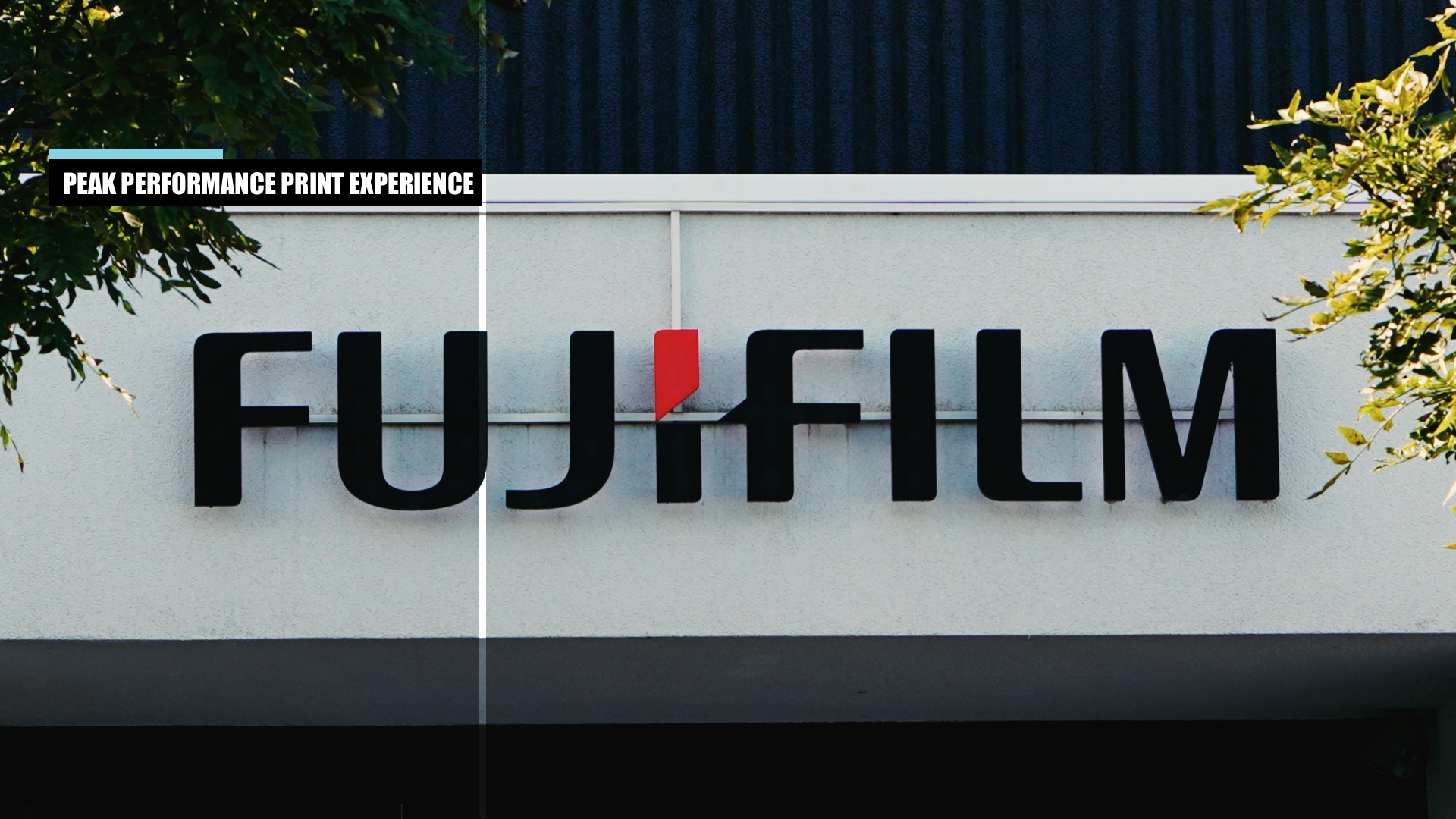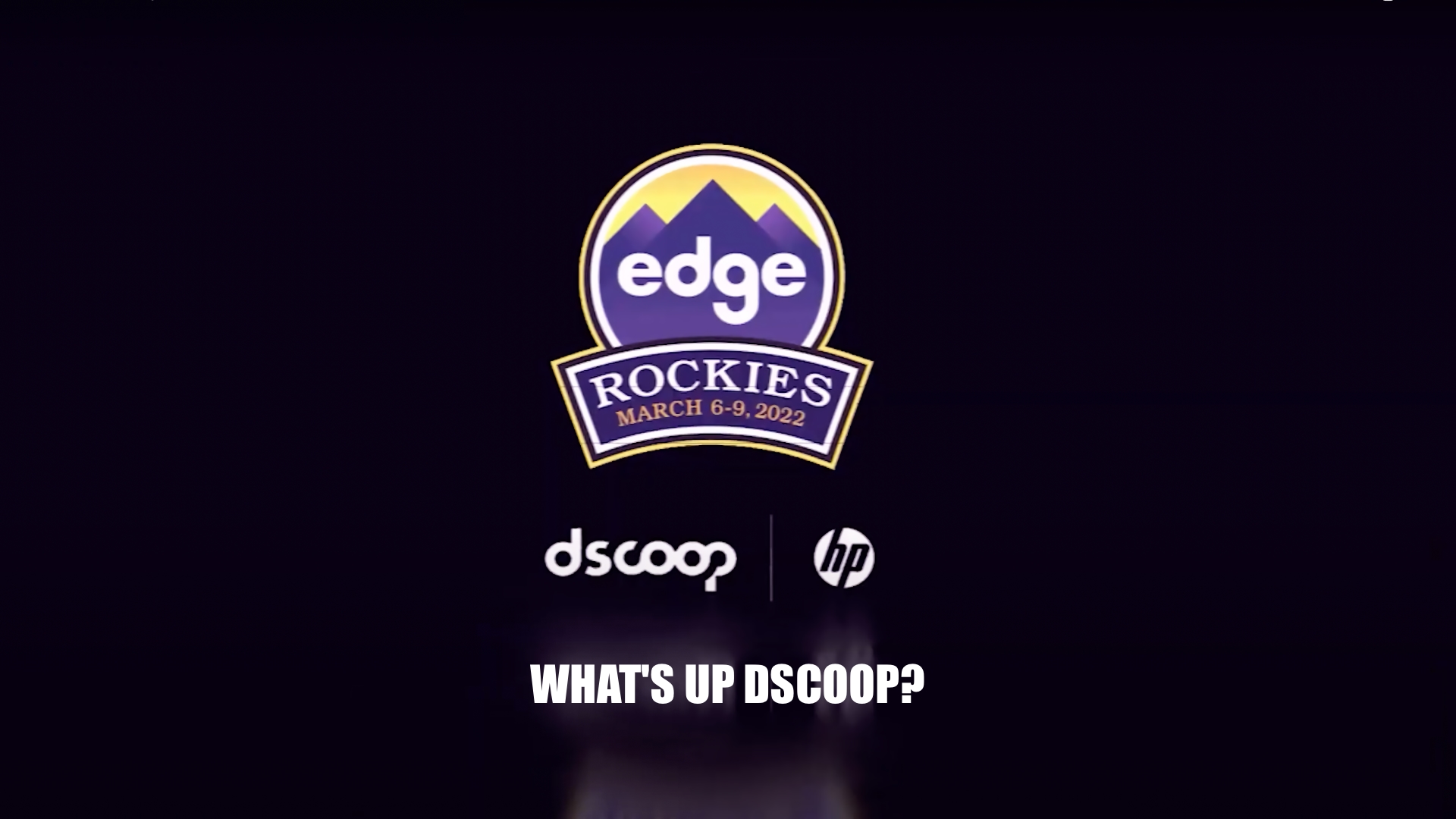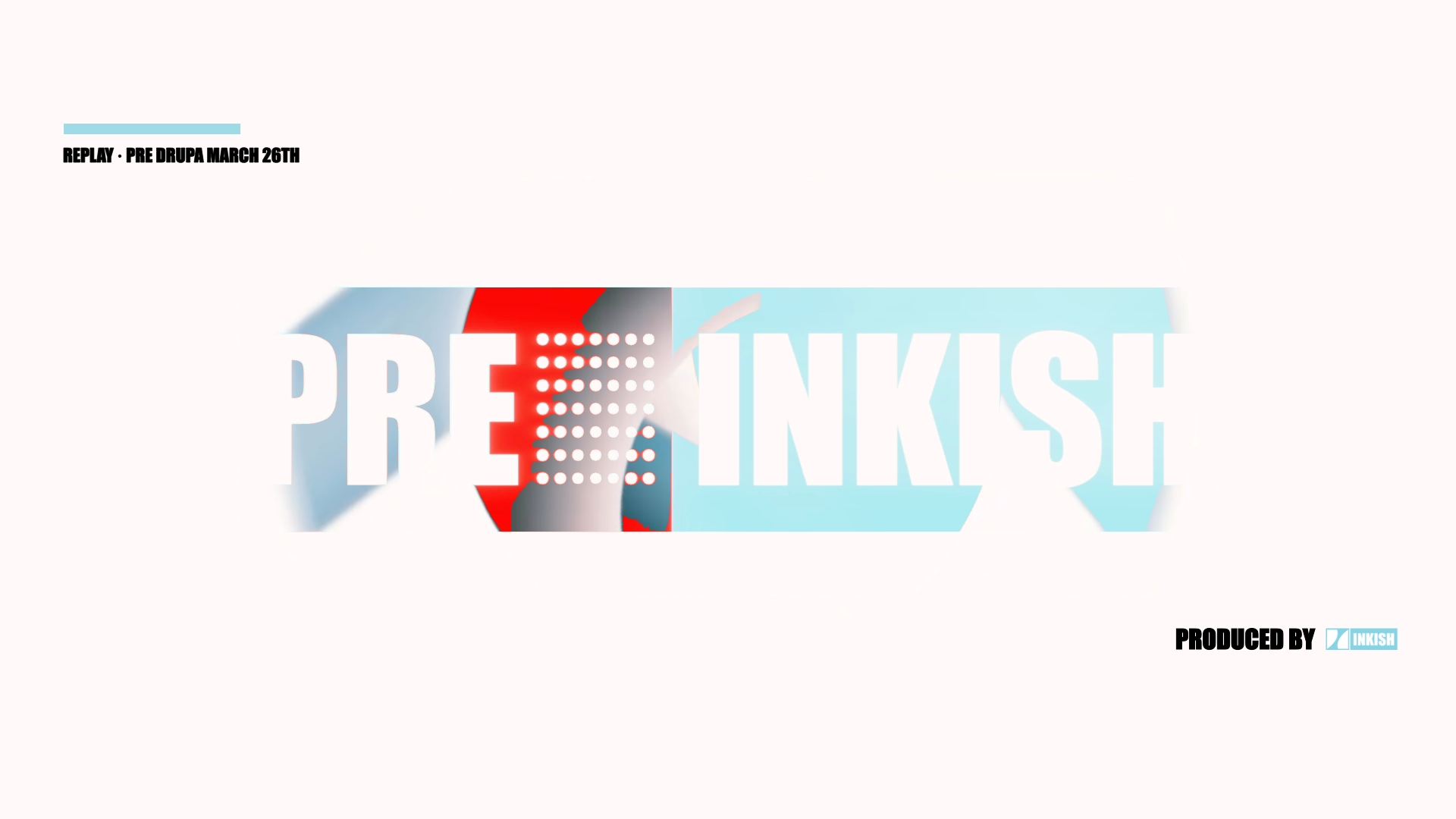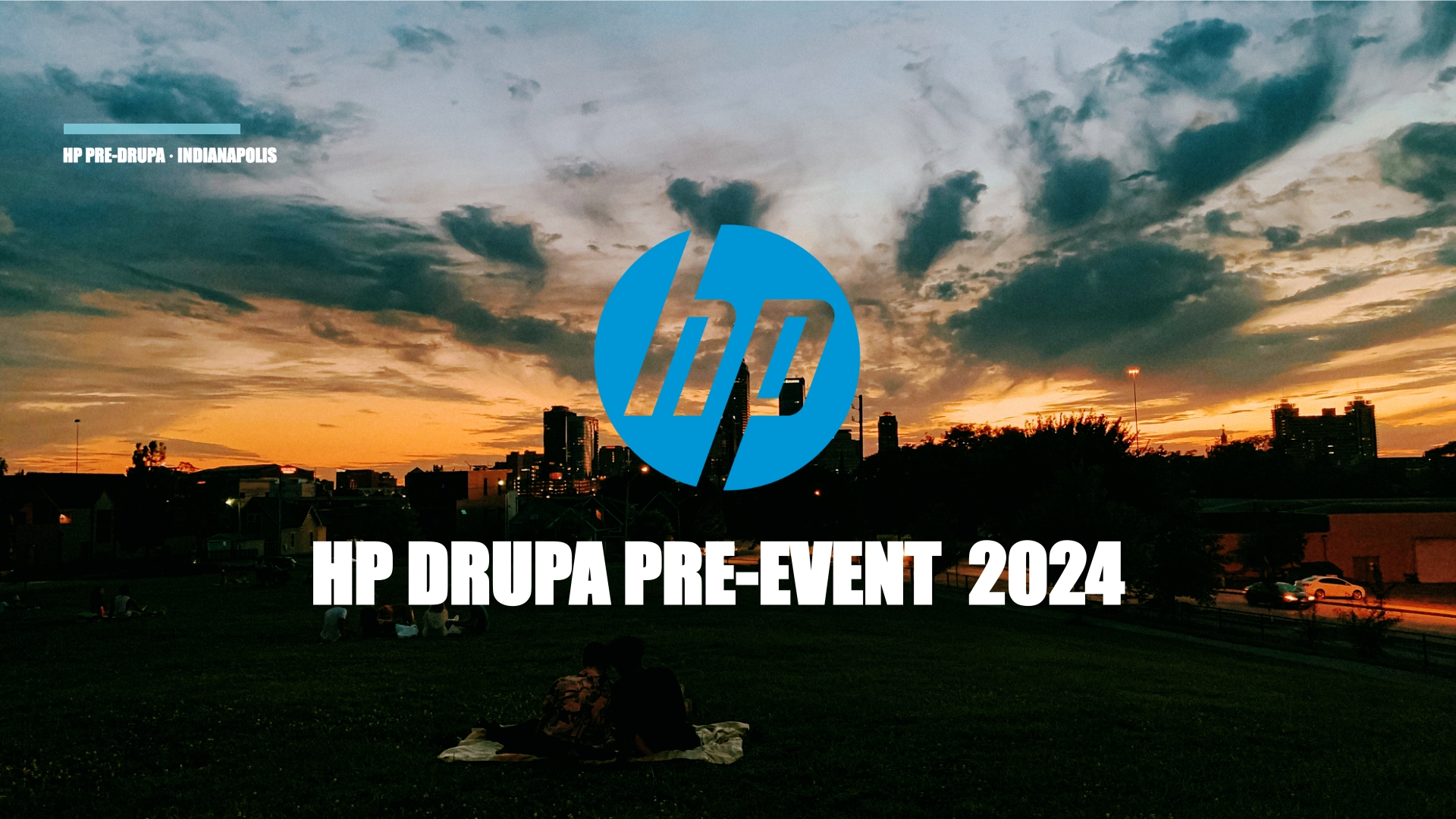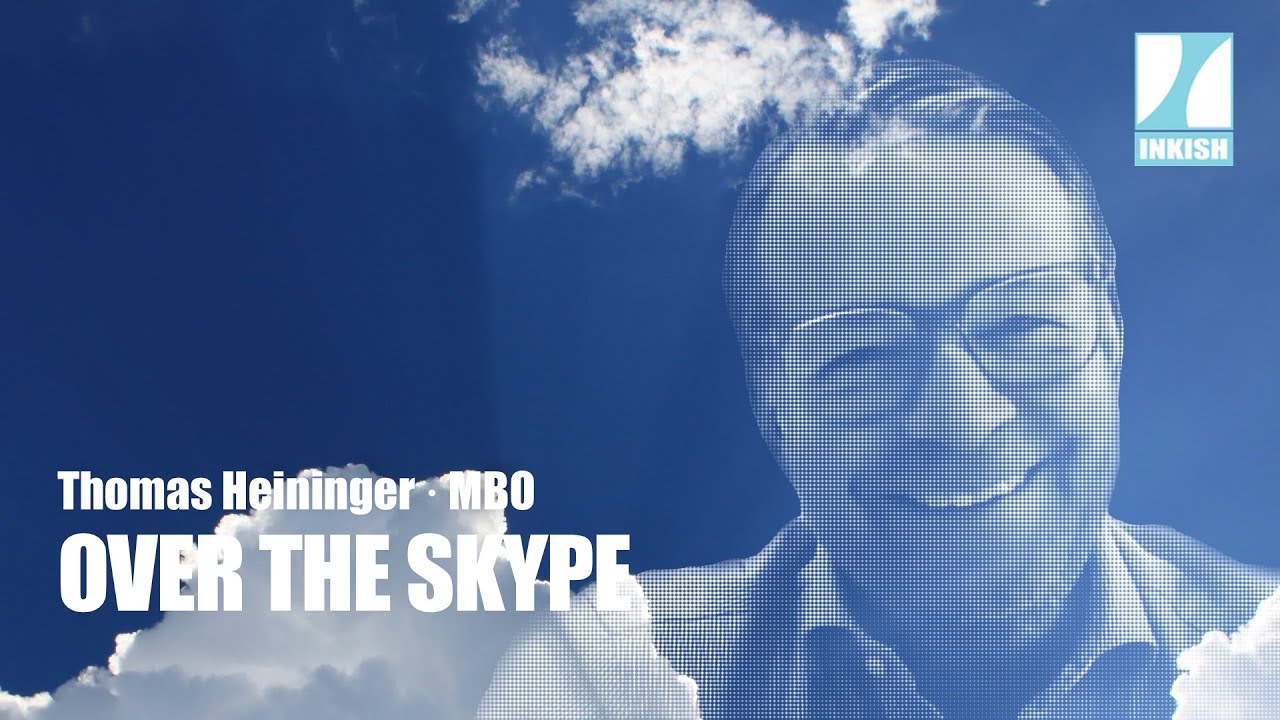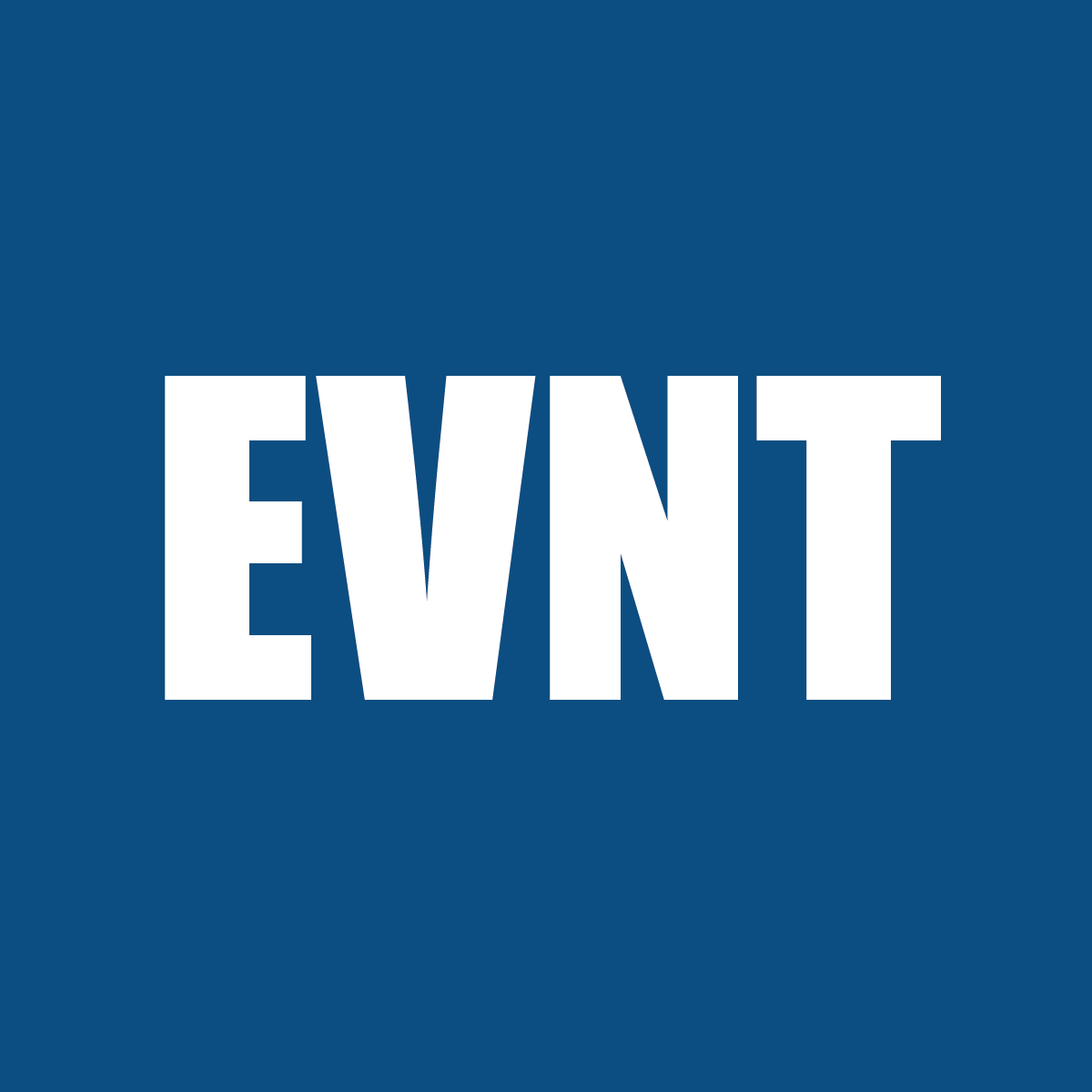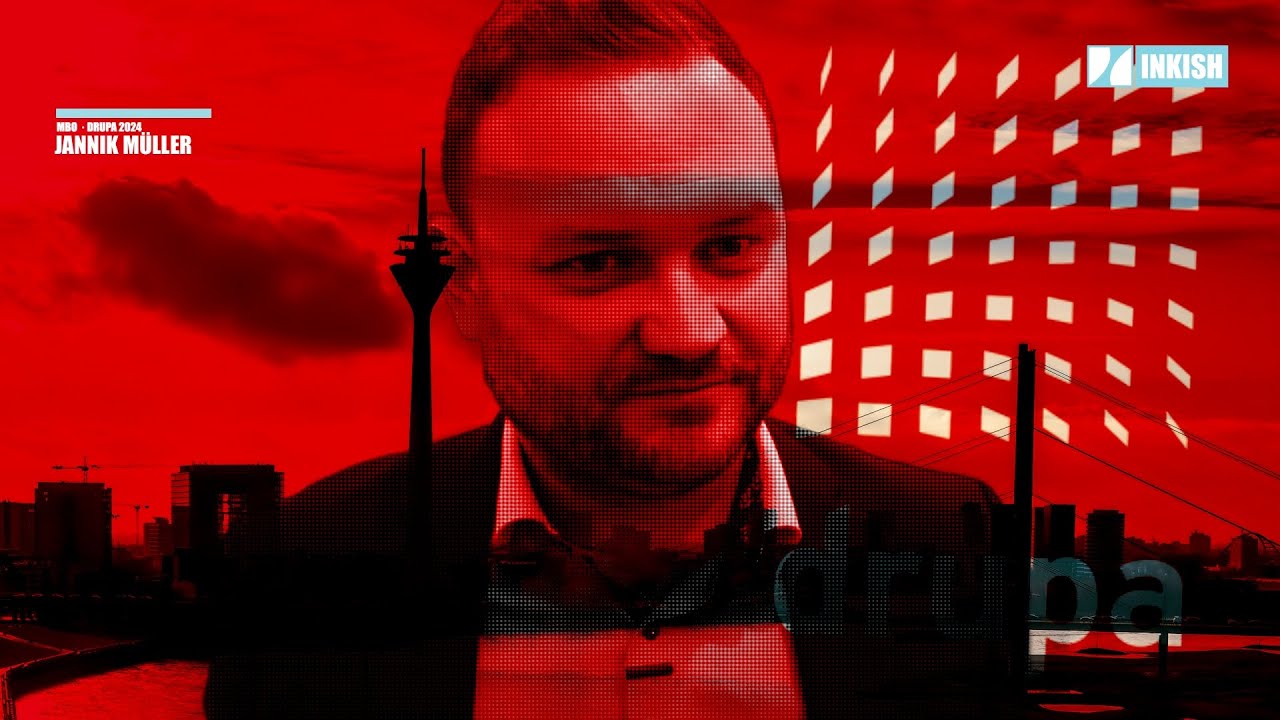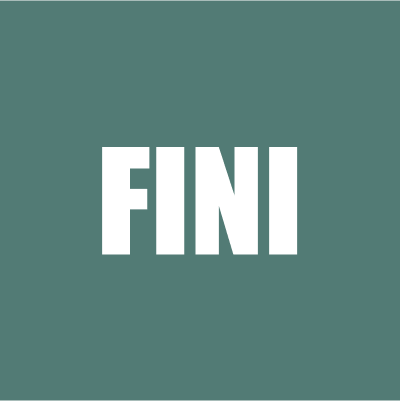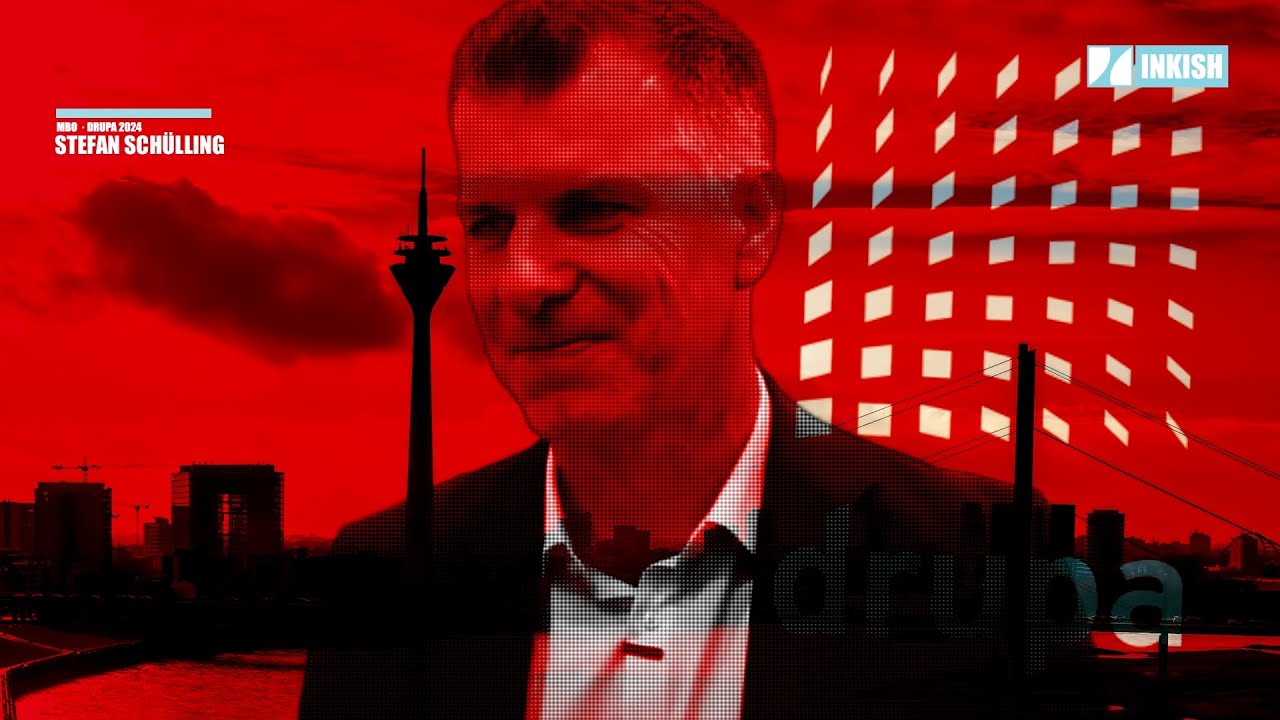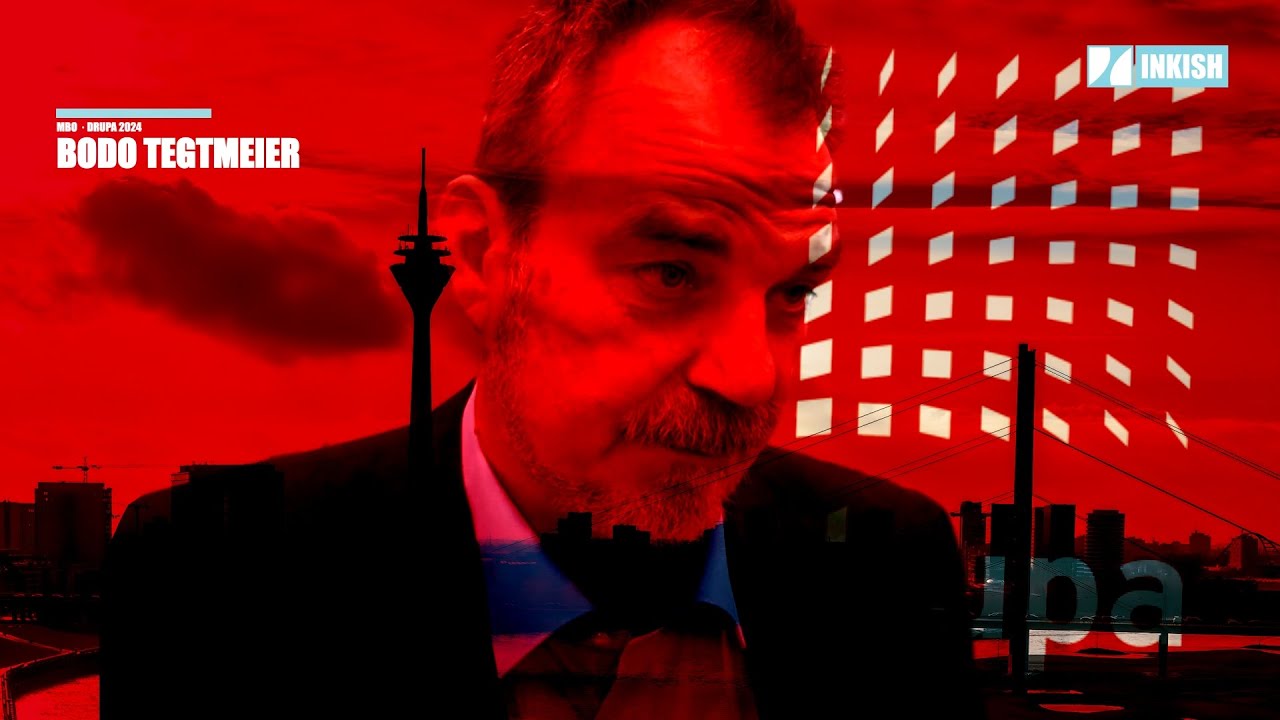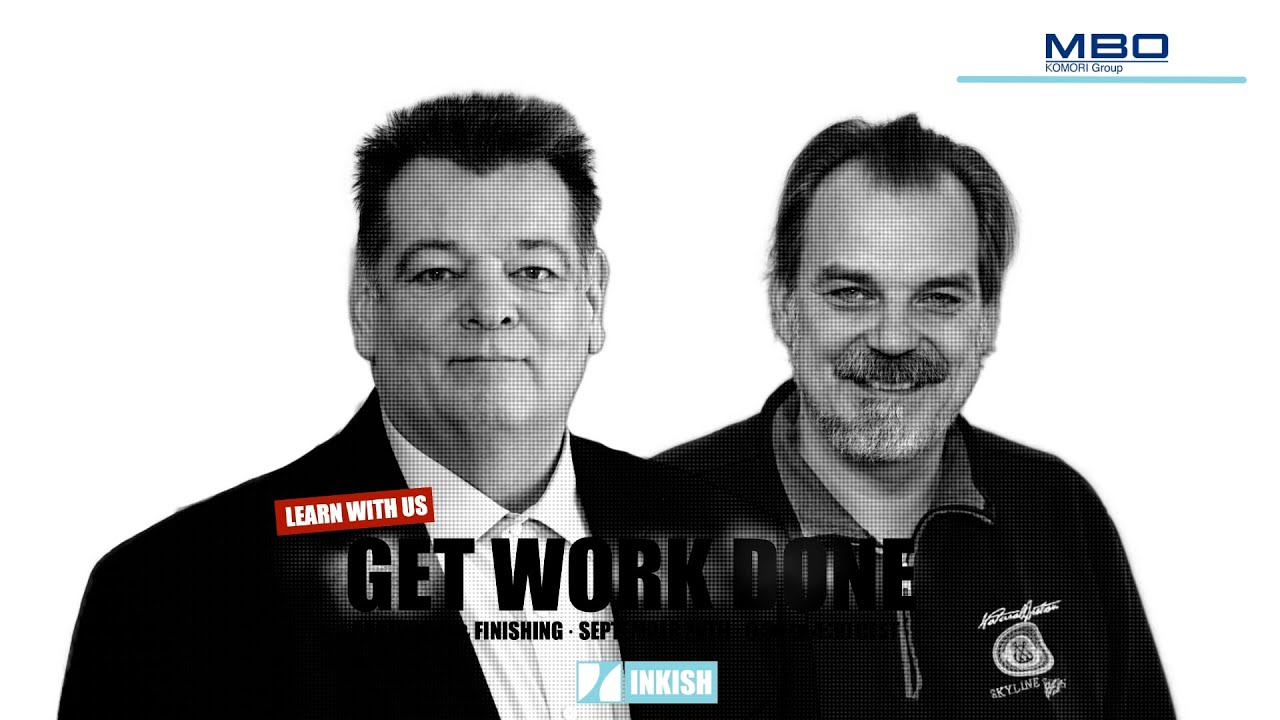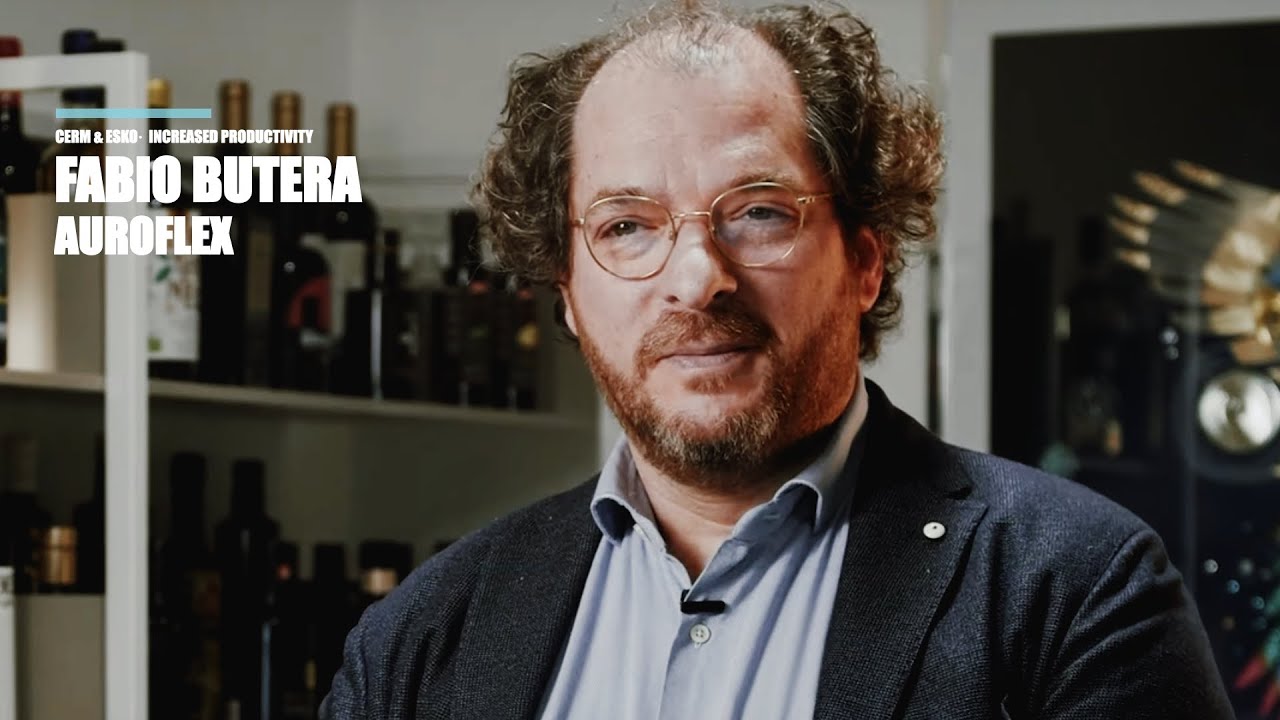Thomas Heininger · Over The Skype · MBO
Over the Skype with Thomas Heininger, CEO, MBO Postpress Solutions GmbH
During the current Over the Skype conversation by Andreas Weber, CEO / Country Manager INKISH D-A-CH, the focus is on a special and elementarily important topic that is usually dealt with in passing: postures solutions.
Thomas Heininger, CEO of MBO Postpress Solutions GmbH, which has recently become part of the KOMORI family, answers questions in a fantastic way and shred cool insights.
It can be seen that many discussions in the print industry are overlaid by COVID-19, by the lockdown and crisis mood scenarios. However, there is a spirit of optimism and confidence at MBO. Because the closing for the takeover of MBO by KOMORI Corporation has been successfully completed since May 1, 2020. And shows success straight away.
If you dive deeper into the subject, you can see that topics such as IoT, automation, networking and connectivity are top priorities at MBO and KOMORI. True to the motto: what comes to the end (in the production chain) can be at the forefront. Driven by digitalization.
A really exciting and insightful conversation.
Erratum: In the live conversation, Thomas Heininger said that 48 data managers were on the market; the number he mentioned was a mix-up with another MBO product.
Note:
As with all of our “Over the Skype” interviews, the picture / sound quality is based on the available bandwidth and the respective web cams as well as the possibility to literally conduct the conversations LIVE. Despite everything, it works amazingly well and with Over the Skype we have brought together far more than 60 special personalities so far and give insights into the industry as it currently is.
Enjoy!
Over the Skype mit Thomas Heininger, CEO, MBO Postpress Solutions GmbH
—-
Heute rückt beim Over the Skype Gespräch von Andreas Weber, CEO/Country Manager INKISH D-A-CH, ein besonderes und elementar wichtiges Thema in den Fokus, das normalerweise eher am Rande behandelt wird: Die Weiterverarbeitung.
Thomas Heininger, CEO der MBO Postpress Solutions GmbH, die seit neuestem Teil der KOMORI-Familie geworden ist, steht Rede und Antwort.
Es zeigt sich: Viele Diskussionen in der Print-Branche sind von COVID-19 überlagert, vom Lockdown und Krisen-Stimmungs-Szenarien. Bei MBO herrscht aber Aufbruchstimmung. Denn das Closing zur Übernahme von MBO durch KOMORI Corporation ist seit 1. Mai 2020 erfolgreich abgeschlossen. Und zeigt auf Anhieb Erfolge.
Taucht man tiefer ein in die Materie, zeigt sich, dass Themen wie IoT, Automatisierung, Vernetzung und Konnektivität bei MBO und KOMORI ganz oben stehen. Getreu der Devise: Was (in der Produktionskette) zum Schluss kommt, kann ganz vorne sein. Getrieben durch die Digitalisierung.
Ein wirklich spannendes und aufschlussreiches Gespräch.
Erratum: Im Live-Gespräch sagte Thomas Heininger, dass 48 Data Manager im Markt wären; die von ihm genannte Zahl war eine Verwechslung mit einem anderen MBO Produkt.
Hinweis:
Wie bei allen unseren “Over the Skype”-Interviews richtet sich die Bild-/Ton-Qualität nach verfügbarer Bandbreite und den jeweiligen Web-Cams aus sowie der Möglichkeit, die Konversationen buchstäblich LIVE zu führen. Es funktioniert trotz allem erstaunlich gut und mit Over the Skype bringen wir bis dato weit mehr als 60 besondere Persönlichkeiten zusammen und geben Einblicke in die Branche, wie sie derzeit ist.
Viel Spaß!
Hello, I am Andreas Weber from INKISH and responsible for the DACH region. And today we have a very special topic which is normally not really the focus of attention, because you only ever look at the big beautiful printing presses. And now I have Thomas Heiniger here. He is the Managing Director of the MBO Group and an outstanding expert in postpress. Dear Mr Heiniger, how are you? Where are you right now?
Well, first of all, it’s raining a bit today. It’s quite nice. I’m actually okay with that, because it’s not as warm as it has been the last few days. We have a lot to do here. But I’m still in Oppenweiler. This means that our freedom to travel is still very restricted for all of us. And we make sure that we manage our investments and our branches here on site at the moment, which is really a great challenge. As you know, MBO has a few subsidiaries worldwide and basically a group structure, but it is only a medium-sized, small company. And of course the task is then relatively varied and big. After all, we have completely different conditions in the USA when it comes to short-time work and so on. In a crisis like the current one. We have a different situation in China. In Portugal there are different regulations again, in France, Bielefeld, at Herzog & Heyman the situation is identical. That’s why it works. But we are confident that we can get through it without problems. We have now gained a strong partner in Komori.
After it was clear that the company would be sold, we first had a discussion with Heidelberg, and in the end Komori was chosen. The Cartel Office did not allow a German solution. There may also be different perspectives on this matter. But all in all we are very confident. As your T-shirt indicates.
Let me just blend in. The confidence. And that’s an amazing situation you’re in right now, because Covid, as you mentioned. Everything is overshadowed by the mood of crisis, and you suddenly have a sense of new beginnings and the closing, as we call it, was completed on 1 May. In other words, you are now a medium-sized company that is operating globally, you are now suddenly part of a global group. Have you now made it and can lean back comfortably?
Just kidding.
But it was a good one. Well, I’d say the real work has just begun. Take Japan’s Nikkei, publicly traded company. You have a very different set of rules there from what you have here. And it’s not about your GVs on the balance sheet, it’s about the Japanese gap. You have to adjust that. You have completely different fiscal years. In other words, 1 April, which would be parallel to the Heidelberg Group’s financial year, for example, until the end of March. But then you also have Japanese SOX, which means that you have rules that you have to implement in a company, which in the end the Japanese stock exchange supervisory authority actually stipulates. And that’s just a small part. The second part is actually the much bigger one, the implementation in the group. And as you know, as it happens so often, sales are still going quite well. But then the integration becomes much more difficult. And that’s where we come in and try to cope with it very well. Our new one is actually doing pretty well. The colleagues are very cooperative. Really – I have to think about how to put it, very hard. There is little pressure on us. After all, it is based on partnership, and we are very surprised at how positively people deal with each other here and how we also experience this transfer. There is no such thing as the attitude: we have bought you, and now we say what needs to be done. It is rather the mindset, we do it in partnership.
We look at both sides. We see the whole picture, we always try to change the perspective, i.e. to have a perspective from the MBO point of view, and have defined goals together. And we really feel committed to them.
Because with my experience, if I may interject that, is that Japanese have a lot of admiration for Germany and also a lot of respect. The other way round, of course, in the same way. I think, apart from these formal things, what are the specifications of the respective stock exchanges? I believe that it is possible to develop common interests very quickly and of course to communicate well with each other, because we act at a very high level and with a lot of respect for each other. Is that correct?
Yes. Well, I was in Japan for the first time three years ago, and I was completely surprised by the intimacy in fact. I can show you a completely different example. Take Beethoven, in Japan, once a year 10,000,000 people sing “Die Freude schöner Götterfunken” in a stadium. These things happen. There is a great love for Germany, and indeed also for German culture. We experience it on every corner. And at the same time it is incredibly interesting for me to see what is actually produced there and how. When we go to a Komori plant today. I visited the plant, the production processes, the production speed, the quality. It is now clear to me why Mr. Wedekind took Toyota from Porsche at that time. The view into production processes and production chains is completely different to the one we used to have here. We can learn an incredible amount from it. I think we were already very good at MBO, really very good, but there we see again: It is a wide area of opportunity for us to further educate ourselves and in this case we can also learn from each other. Some things we approach a little more casually. We are a bit more casual. There we are much more relaxed. In other areas it’s really the same with the Japanese, and it works. Good, even very good.
I am happy about that and primarily, if I may say so, the topic of further processing is always treated somewhat poorly. As I said at the beginning, the focus is always on the large printing presses and so on. But if you go to companies, to processing plants, or even to printers who have an associated processing facility, then you can only learn that the printing presses only produce the blank sheet, so to speak. The reader and recipient of the printed piece cannot do anything with that. And there is an enormous amount of responsibility in the postpress sector. I was astonished at DRUPA 2016 when Mr. Büntemeyer, Kolbo’s boss, also stated at the VDMA press conference for this “Printing and Paper Technology” section that it was a threatening situation at the time because there was an investment gap of around 15 years, i.e. the postpress companies stopped being innovative at some point, at around 2001/2003. That is what he had said. Do you share this view, or is it still the case today? Because if you look at what you communicate, that is high-tech times ten nowadays.
Yeah. I still agree with you, and I don’t think a lot has changed. There are certainly companies that could be called the spearhead of the graphics industry. But we have different areas here. You practically have no networking between your MAS and the end of the folding machine. Or even further. You cut the logistics. You can use your MAS system, if you want to, you can directly assign the carriers. The product is delivered to the customer. Delivery notes are all generated, everything works. You can feed your printing machine with data. When the printed sheet falls into the output device, it already becomes much more difficult. In that case you still have very, very little networking. You may be able to retrieve a virtual job ticket. Or you can go there and scan barcodes for your product or so that you have it on the print sheet. As the MBO group, we already completed the data manager in 2006 and we actually had exactly for these, for the – I have to think how to put it. But we did not find any acceptance for the complete networking. This means that in the period from 2006 to 2016, the Datamanager was sold seven times worldwide.
That sounds record-breaking.
Absolutely top-notch, yeah. Absolutely top. From 2017, I think we’ve sold 68 of them to date. That means there’s been a significant increase. There’s an awareness of it now. Perhaps Mr. Büntemeyer’s speech or the interview played a decisive role. I do not know, I cannot say. But there is a clear change, now that the entire post-press world is being digitalised. We at MBO have tackled it with the data manager. We then decided to form the Print Alliance for DRUPA 2020 by teaming up with Baumann, Hohner, Programma and Herzog & Hayman as our daughter and said: “We’re going to start the Print Alliance: Okay, here, at this very point, we want to create a network, create a platform and present a virtual or not only virtual, but a real existing bookbindery at DRUPA. Now the DRUPA has been postponed. The idea still lives on, of course, precisely in the same way as before. And we’re working intensively on it, even today, to link it up with Komori. To Komori KP Connect, that’s what they have there. You’re certainly familiar with the Komori workflow solution, and we’re currently in the process of defining the appropriate interfaces. We’ve already defined them. We will implement them now. We expect to be directly integrated into KP Connect within the next four to eight weeks. With the Data Manager we are already integrated with programs. We are currently working on the integration with Hohner, but it is ongoing. But not yet to the extent that we want to, and we are not yet as far along in grinding machines. This means that these are things that work and in which we also want to offer our customers added value today.
But the fact is that the printer, as you put it, thinks in terms of printing presses, and Heidelberg, KPA and probably Mitsubishi, I don’t know exactly, Komori has done a great job. They have digitized their products completely all the way through. Great in the production process. We have to be able to do the same in the post-press world. And I think that’s what’s next. I believe that the time has actually come to ensure that these processes are no longer just initiated, but that they are also lived. Corona or Covid 19 will certainly accelerate this process. Now you have to think, what are you doing? Are you sitting on, I’m sorry, more staff? Or are you saying, “Okay, I’ll find my weak spots, there won’t be many. But I have to find my position and I have to look now, where can I rationalise? Where can I structure my business differently? And what do I have to do to ensure that my added value is digital from start to finish?
If I may interject here, at this point? I had said that sometime in the 80s, we discussed it in our preliminary interview, we remembered. That’ s when we both got a taste of the business. Back then, there was a division of labor, a specialization. One does the prepress, the second does the press, and the third does the postpress. And if I understand you correctly, this is the concept you have. With your partners in the alliance and also with Komori. That means a postpress company that specializes in where I can continue to work. Excuse me, my phone just rang. This is a real live character. The fact that this solution also allows a specialized postpress company to network with print partners and whoever else, even if it’s not geographically located, is a huge advantage.
I think that’s what you have to do. Yes, I believe there is no alternative. If you are looking today, we are talking about printing press push-to-stop. And that’s the way it’s done. Push – to – stop can also be done digitally, on a folding machine. We are currently in the process of implementing it this way. This will lead you step by step. You have the individual signatures, you can run a pallet in the signature and produce different signatures with it. I think there is no alternative to this. For us as a post press manufacturer, we have already lost an incredible amount in the last 30 years – steel in parallel through disruption. Times have changed. You used to have this, I call it medium first. A product was printed, in a very high volume, and then it was distributed. And if you went into the warehouses of different printers, they often stored the products for the publisher. It has already been adopted, in the 1990s it was said – economic added value. But meanwhile it is the case that you have content first.
That means that whether I work with digital printing systems and end up delivering a completely finished product is of course disruption for us. I no longer fold the product on an MBO folding machine. It comes out of the machine completely finished. No matter whether I have a digital line here and then saddle stitchers or perfect binders in one line. Everything works here. This means that we have also lost parts of our original business area through the “content first” distribution to various markets. You have that with eReaders, all this is already outdated for everyone. You get your Süddeutsche Zeitung today, if you want, on your iPad at 8 pm and at 10 pm you have it updated again, and at 7 am you have the latest, most up-to-date edition. These are all things that were certainly difficult for us – now my mobile phone also rings, I turn it off – these are all things that were certainly difficult for us.
Heavily overlaid by many tasks and by the market. And now for me it’s a matter of saying: Okay, how can we position ourselves in such a way that in the end we use these technologies that are available everywhere today?
A simple example, we have a web, 24-page machines or 16-page, it doesn’t matter.
You also have speed-adapted production on the printing press, by the way. That means: the faster you print, the more color runs through. If you have a folding unit, the behavior in the folding unit also adapts to the changes, and in the end you have a 96-page product. That with the increase in speed performance, even in the folding unit, all things, all parameters are taken into account. With fully automated folding machines, you have that no matter what. Now you don’t have that. This means that there is still a lot that we can continue to develop here, by being able to develop and by being able to say: Okay, here we can achieve significant, faster set-up times, also in production. Much more production reliability.
We can also move away from permanent control. We are already doing that today. For example, we have a large bookbinder in Bavaria, near Landshut. The folding machines from MBO and two combo stacks. You can do this with only one operator. And it is no longer a big stress for the operator, for the bookbinder, because he can take care of the product and because he already controls his folding machine via his workflowIf it is a company with which we work very closely, we consider going there and saying: Here, we have the new innovation here. We can incorporate it into your system, test it and see for yourself that the added value increases significantly. A single operator folds 20-21 000 sheets per hour. And it’s different than it was three or four years ago. You don’t have to take it off all the time, it doesn’t have this physically demanding work plus it has complete control of its automated processes. And that’s where we see the only future in this market, in the market that we have. We have to network, and we have to push ahead with networking as much as possible.
If I understood you correctly, only to verify this. It’s not just about increasing output, but also about becoming more flexible as productivity increases, because you talked about shorter set-up times and push-to-stop, also in your area. And that means in these changed job structures, the number of jobs increases but the print runs decrease. So more and more people are now thinking in terms of small print runs rather than individualized jobs. And here, too, it is important that postpress companies, so to speak, can keep up with this.
You’ve probably got that down better than I did. They need a brand new structure, a safeguard, a development of production and process standards. This is very important for us. If we have that, then our customers will also have more profitability and future. Or do we rather offer them profitability and certainly much more positive future prospects. I am firmly convinced of this. And that is also the part we are working on very hard today. We have significantly increased our personnel in development, software and, in this case, hardware, because we simply say that these are processes that we have to take control of today. And it is no longer a question of being this iron or steel group; we have a change.
Today we have to produce vertically and horizontally, and as a mechanical engineering company that is very important for us. If you only take a vertical basis, then you have digitalized. The vertical becomes more and more important. You can see it even now, if you consider that 20 years ago an interview like the one we do could never have taken place.
Ten years ago perhaps, but today it’s simply the norm. And in the last three or two and a half months it has shown how important web meetings are, how well they go, how often you use the medium, an incredibly fast change, we just have to face it and that’ s what we do.
This is a very good illustration of what it is all about. Now that we have talked about it, the situation in most companies is different. How much learning is needed? I would say, as a printing company that comes into contact with you now, because that is often a hurdle. That it is said that the more digital it becomes, the more complicated it becomes. I’m more of a supporter of the KISS principle. Yes – keep it stupidly simple. And how do these dialogues work? How much more do they have to evangelize?
Now the connection was very, very bad.
I’ll repeat it again. We have occasional interruptions. Not us, but the technology.
I got the idea. This is iPhone. You know, I was a total fan of the Blackberry. I loved that. I was practically a Blackberry user until 2007 or 2008, I don’t really remember now. I mean, just in, here, back and forth, everything was great. Then a friend of mine had his first iPhone. For me it was like a toy. Then I bought it and three or four months later I never touched the Blackberry again, and it showed that the Blackberry was very complicated. Very complicated, you had to look, there were submenus and so on. The iPhone and other systems showed us how simple the world can be and how simple it has to be. And we can see today that we have a massive problem in the young generation. When I talk to our customers today, they always tell me that it is very difficult to recruit employees, to attract trainees. The automotive industry, as long as it is not in crisis, has withdrawn an incredible number of employees to areas where large plants were in the immediate vicinityIt has not only affected Germany. You have the same effect when you talk to a Romanian printer. He didn’t get any more employees there because others were much, much more attractive. We have to create attractiveness by actually building these networked products in which we adapt our workflow in such a way that every employee can easily cope with the fact that it’s easy, but at the same time we also have to upgrade the job description. I think it’s very important. The graphics industry. Commercial Print and the packaging sector is certainly different again. No matter at what level, whether you are talking to banks, to friends who all say: Well, today I’m going to get a newspaper this way, what is still being printed today? I have really heard that a lot. I think we can also improve it by getting that technical basis, that we say: Okay, we can go right there, we map it out today, and it is really smart. That is very important. That is what we are working on. This is not quite so easy for us, because it actually requires a completely different view of it in our thinking as well. But through all the new media, all the new products that everyone has today, you have a very different view of it. Do you have the opportunity to demonstrate to everyone what is important?
And that’s why we are so confident that we can go down exactly this path, that we can do it well, that we will be successful.
This is a good hint, because at the beginning we already noticed that without companies like you and your customers and others in the processing sector, printed matter cannot come to life. And if the field of activity has been so greatly enhanced by digitalization, then it is almost possible to make a good campaign out of it, a good campaign that would certainly help to solve the problem of recruiting young people and at the same time give the companies a completely different self-image. I’ve known the subject of bookbinding since I was a child, precisely because I’ve dealt with many book artists, and of course with the greatest specialists with embellishment, with embossing and everything. The knowledge that bookbinding in general has to make a perfect end product out of a flat sheet. This is gigantic, and I think that can be a good incentive, or am I too idealistic?
Nah, I think you put it well. I think I’ve got the same thing. After all, we’ve started a lot from haptics, where I can touch the product, which is actually incredibly beautiful. In that there are many things that represent a significant increase in value. But I can also tell another example. I started here at MBO on 1 March 2017. We had two trainees at that time. At that time it was totally unattractive for the region and for many employees here or even for their parents to go to a company that is in the printing industry. So they said, yes, you better go to the plastics manufacturer or get an education there. Go to the community, wherever. Today we have 15 trainees, which means that we do not only have branding, but also opening up our company and what we actually produce, what we stand for and what exactly is the beauty of this industry. We have demonstrated it to the people hereWe went here, we went to the vocational school, the secondary school, also to the Gymnasium and we showed everybody, look here, we do not only present ourselves here for a Girls Day or a Boys Day. Instead, we said we would enter with employees that our market offers. Then it went up a bit. In the second year it was already more interesting and in the third year we had many, many more applications than we could have hired at all. We then made two more vacancies available. Because that’s really what it meant for us: Okay, now we’ve moved on to another place. We live mainly from the graphics industry. These opportunities have succeeded very well in changing this in a short time and I also believe that the same will happen in the print shops, also with regard to young talent. How it actually works. If it’s a beautiful product, how it actually lives. And what you can do with it and how complex it is.
This is good news and good prospects and I think that if we try to share this beautiful story you just told with the new generation in our company. If you spread that a bit more widely, and then that is a wonderful demonstration of the fact that this traditional industry of bookbinders and finishing gets an enormous boost from digitalisation. And you no longer need to hide behind nothing.
Exactly.
If all the elements in the cooperation with Komori are now in place, you will have moved further forward in the value creation, in the production chain, so to speak. At Komori, it’s not just the printing sector that is very important, it’s much more than that because they are very much focused on networking and already have a high level of expertise in this area. Is that an incentive for you now? And above all, I think Komori is not as present in Europe as it is in Japan and Asia. What are your thoughts there? And the future scenarios from your point of view? Where is the potential?
Okay – I think that would require an earlier start. First of all, of course, for us now is the time when we have had very well-worn procurement and deployment concepts and operational or production concepts. We will change a lot of things there, even if I take development control or the possibility of international procurement of our product parts, that is one thing. The second is that when you go to market, which we have learned in other European countries, is a much higher acceptance and you also have a different market share. In Italy Komori has a very high market share, in France it is much better. UK is better. Germany is difficult. This is the lion’s den. And with that you have the whole DACH region of course. That is perfectly clear. And that’s where Heidelberg and KPA do a top job. I think that’s beyond question. For us, the Asian market is obviously a large booming market. We also grew very strongly in China last year, independently of Komori. For us it was the best year since we have been in Asia, especially in China. We have sales today in Vietnam. We will of course use Komori’s sales organization to generate added value for us there. We have special folding machines just for the market there. Whereby we do not focus on the low-cost segment, but we say: Okay, we position ourselves, if you take a pyramid, in quality, in performance, certainly among the top ten percent. This broad mass is not interesting for us. We can’t manage that either.
We would be too expensive for that. Unfortunately, you would have to leave that to a Chinese folding machine manufacturer or copier, in this case our copiers. There you also experience things that you do not believe until today. If you exhibit there at trade fairs, what happens at night is sometimes unbelievable. But our market is the Asian one. We are currently seeing the greatest growth there.
Komori is certainly underrepresented in Europe. There’s still room for improvement. But I can’t say that either. It’s not my job to judge that. It is simply my view that I believe that there is still room for improvement. Yes.
I think, from my point of view, I have known Komori for decades and have always had great admiration. And I think, like me, many others in the German-speaking countries do the same. People appreciate the company, but it is, as you said, Heidelberg and König und Bauer are simply much closer to you. But the integration of your MBO group can also bring you closer to the market, because I think that the German-speaking countries are still very important for you in addition to the Asian countries, because the premium concept that you just presented is highly accepted here.
Sure. But that’s the case with MBO. I can’t speak for Komori here right now because I don’t have enough market access. I’ve only dealt with this in part. For MBO it is clear that the MBO brand stands for very good quality in Europe, for very high quality. We are also a supplier. What I think few people know. For parts of the graphics industry. We manufacture parts for programs. Until the sale of Kolbus, we manufactured the stacker from Kolbus. Among other things, we build those for the textile industry, rollers. If you order a roller today from the world market leader Riederer in Switzerland, these rollers all come from Portugal, the special rollers from MBO. We are very strong there. The European market is clearly an important one for us. In the USA, we are incredibly strong in digital manufacturing. We have a high market share there for large print runs. In that case, it must be said that we also have a strong position in the heavy metal group. It is also an interesting market for us in that there are of course no data protection provisions. The European data protection regulation does not apply there. This means that you have mailings there with a volume of 6-7 million. That means that we are enormously strong there and we are expanding our activities. For us, Asia is a market in which, with the exception of China and Singapore, we have not really gained a foothold. We were also very good in Japan in the 1990s, but after that that was over for us. For whatever reason, I don’t know what happened then, I wasn’t concerned with it. Today, of course, we also see high growth in Japan through Komori. We already have. We already have very good sales in Japan, which we can realize here at the moment, and which we are already doing really well in the Corona period. We are quite surprised at the size of the Japanese print market. You have certainly had much more information there for a long time. For me it was too far away.
We’ve gotten very close to that now. Thank you very much for all the insights and interesting aspects you have raised. I just got the idea, we had a “Learn with Us” in English at INKISH last week. So Listen and Learn is the principle and we touched on various topics. And I’m thinking about it, and I would like it very much if we could simply hold a theme day like that and perhaps as a lunchtime conversation on the topic of processing and the topic of being able to take up many aspects that we have touched on and simply go deeper into them, because I think there are so many perspectives. After all, you also said that it is now under your participation in the Komori family. That was the interesting thing. Did you say at the beginning that Japanese people also like to look at things from different perspectives. That’s my spontaneous idea. And because we do it online, it’s statistically a bit difficult to grasp. But from the name and the people we know who use our services, we already have the feeling that we can do a lot for the later generations as well, to give them more understanding and more self-esteem. And if you would like, we can talk about this again at another point. In any case, I would really enjoy discussing this in greater depth. I have learned a lot from what you have said and I would like to thank you very much.
I’d love to. I enjoyed it too. In the end you almost chose the right word or you chose the right word. In fact, we’re part of the Komori family now. And that’s the way we treat each other. That’s the best way to describe it. So we’re almost back to the beginning. But it’s true that we’re part of the Komori family now.
Very well, then I wish you continued success even under these very difficult conditions. As you mentioned at the beginning, you can’t really act and show personal presence in your own group anymore. But with the help of the digital aids, not only the processing is better, but also the communication. Many thanks to you. And I’m afraid we’ll talk again soon.
I’m looking forward to it.
Good! Thank you very much. Have a good time. Stay well!
Best wishes.
Thank you.
Bye.


